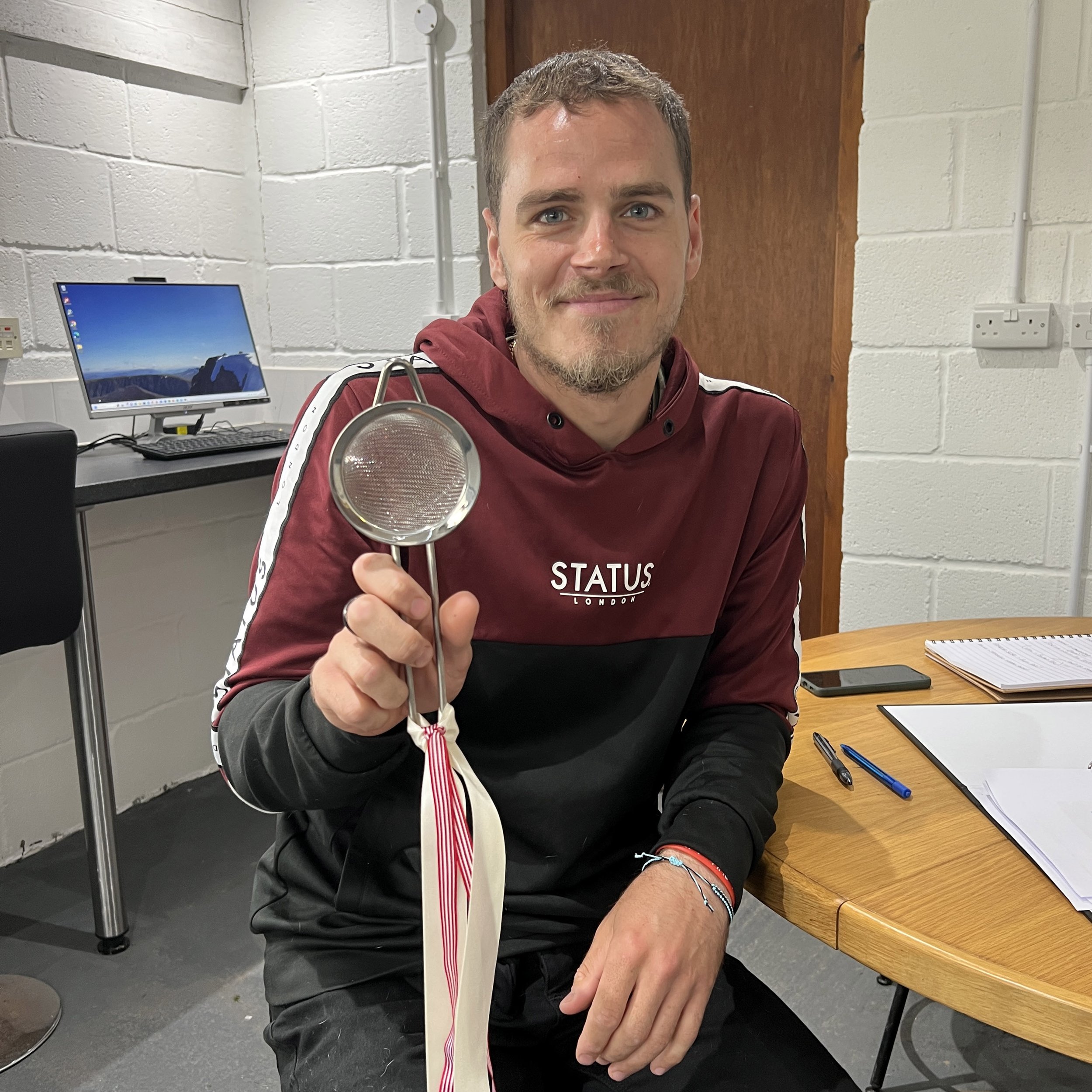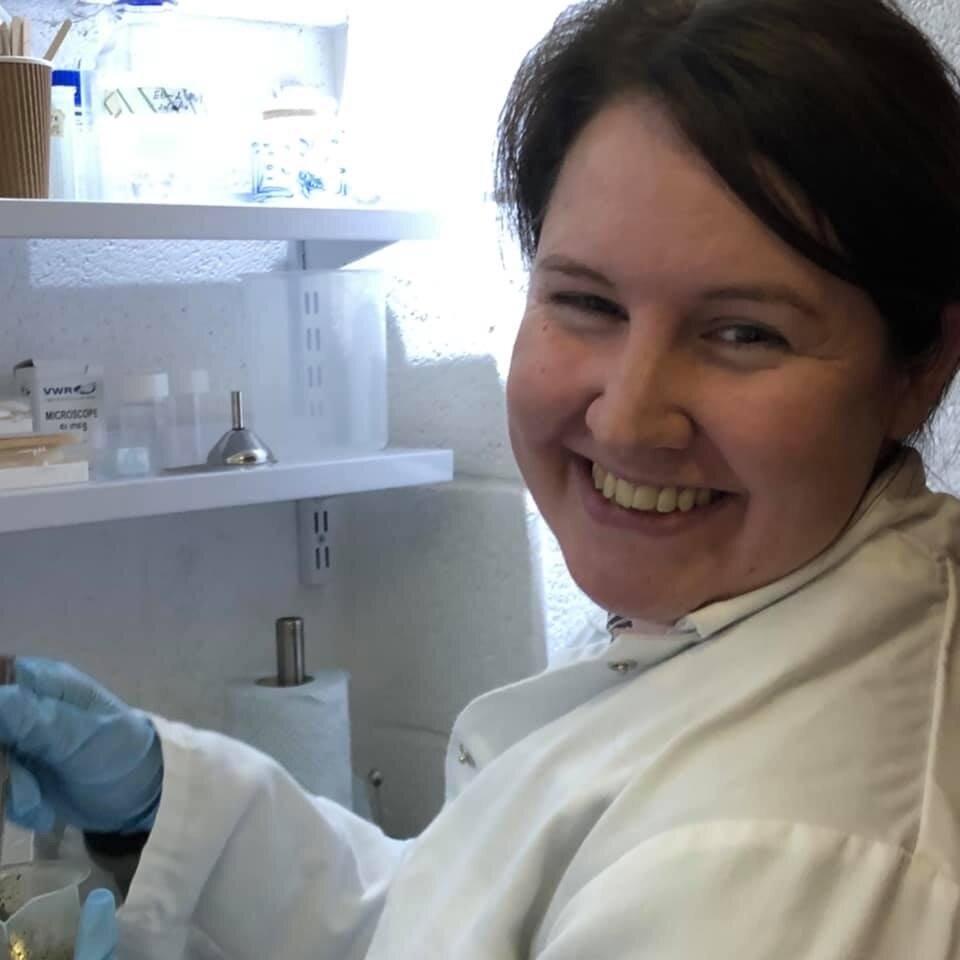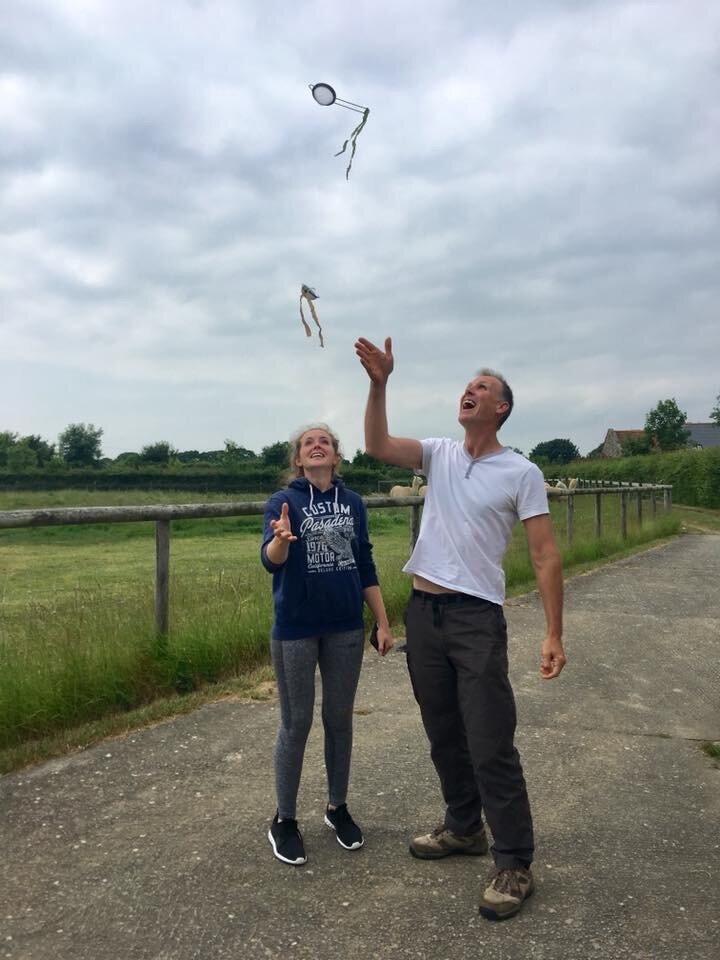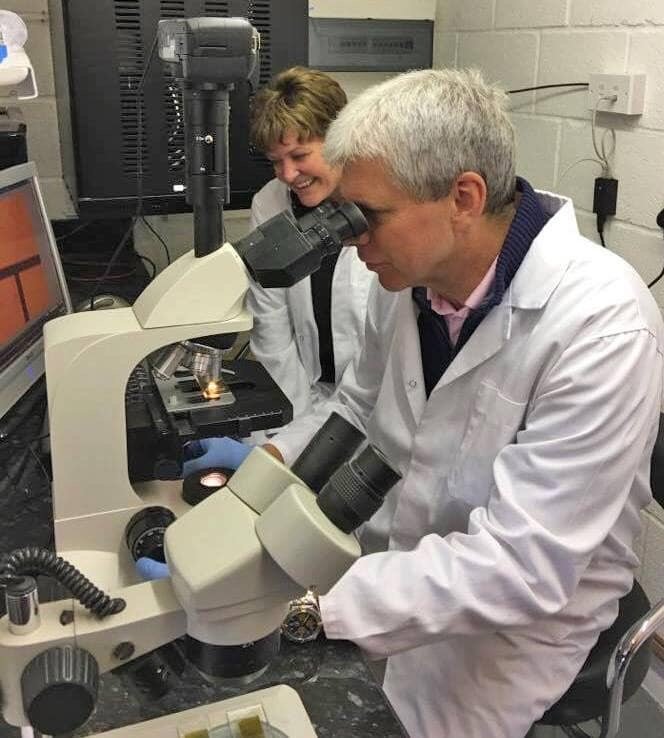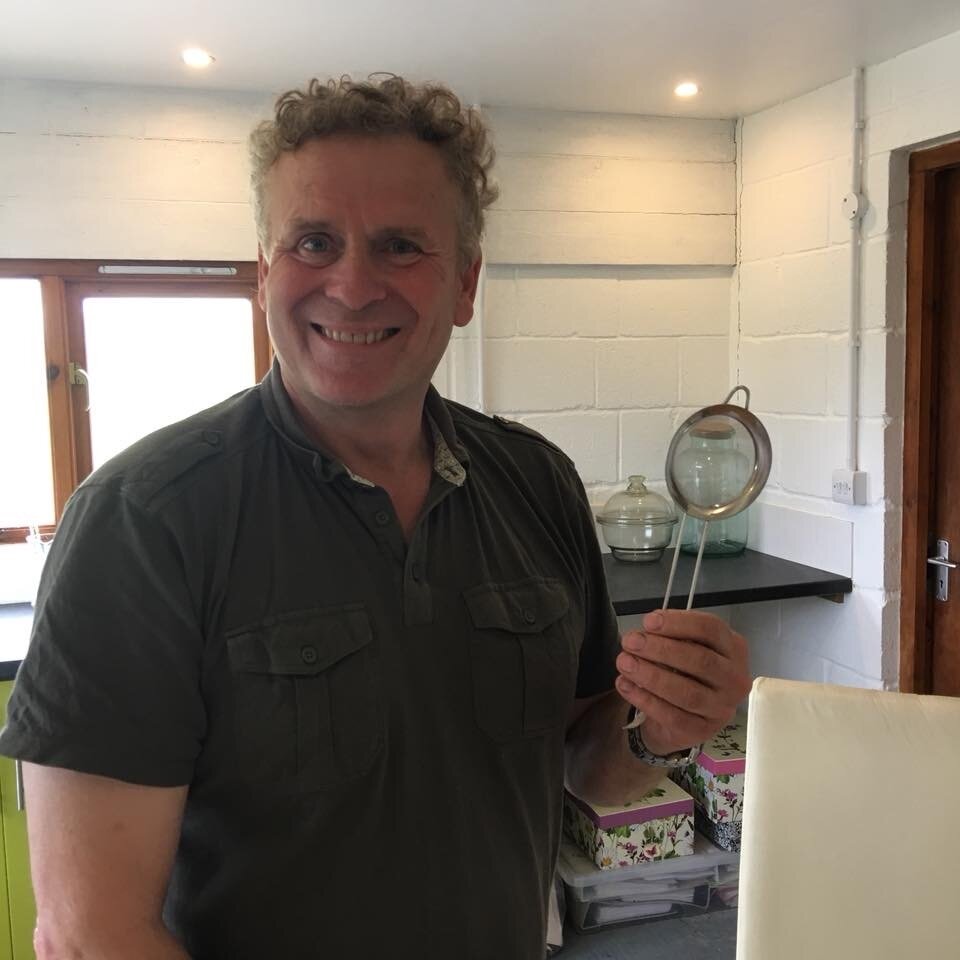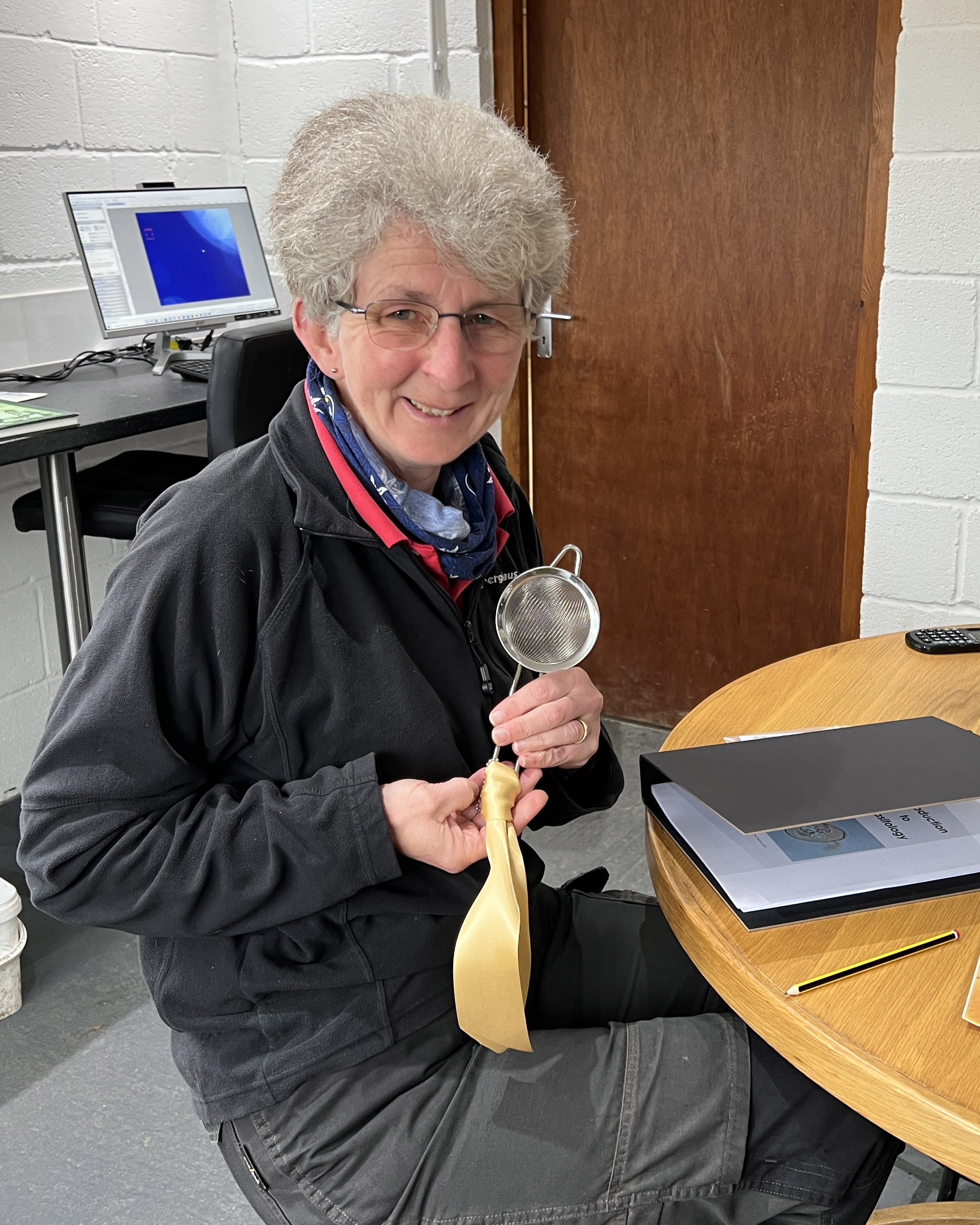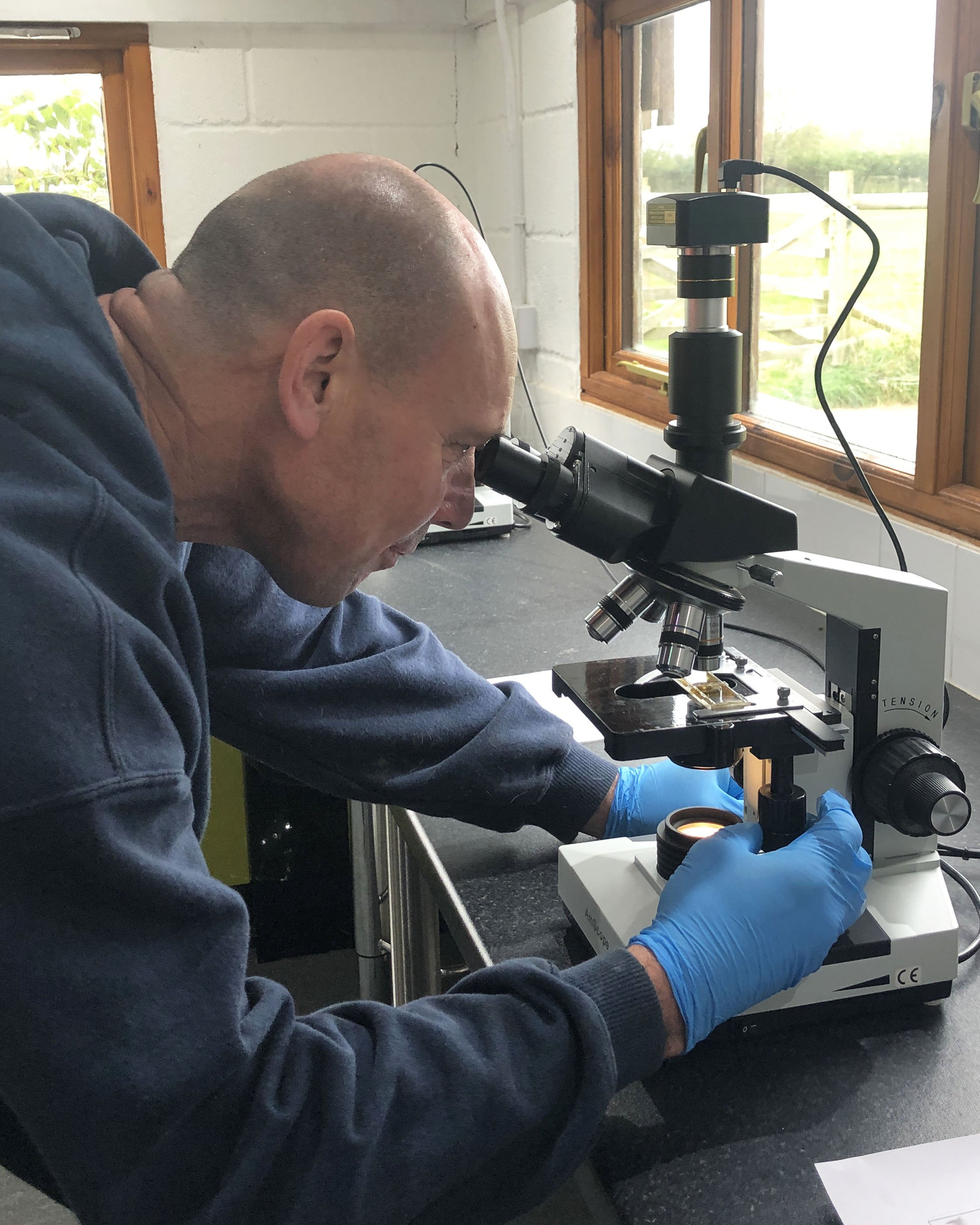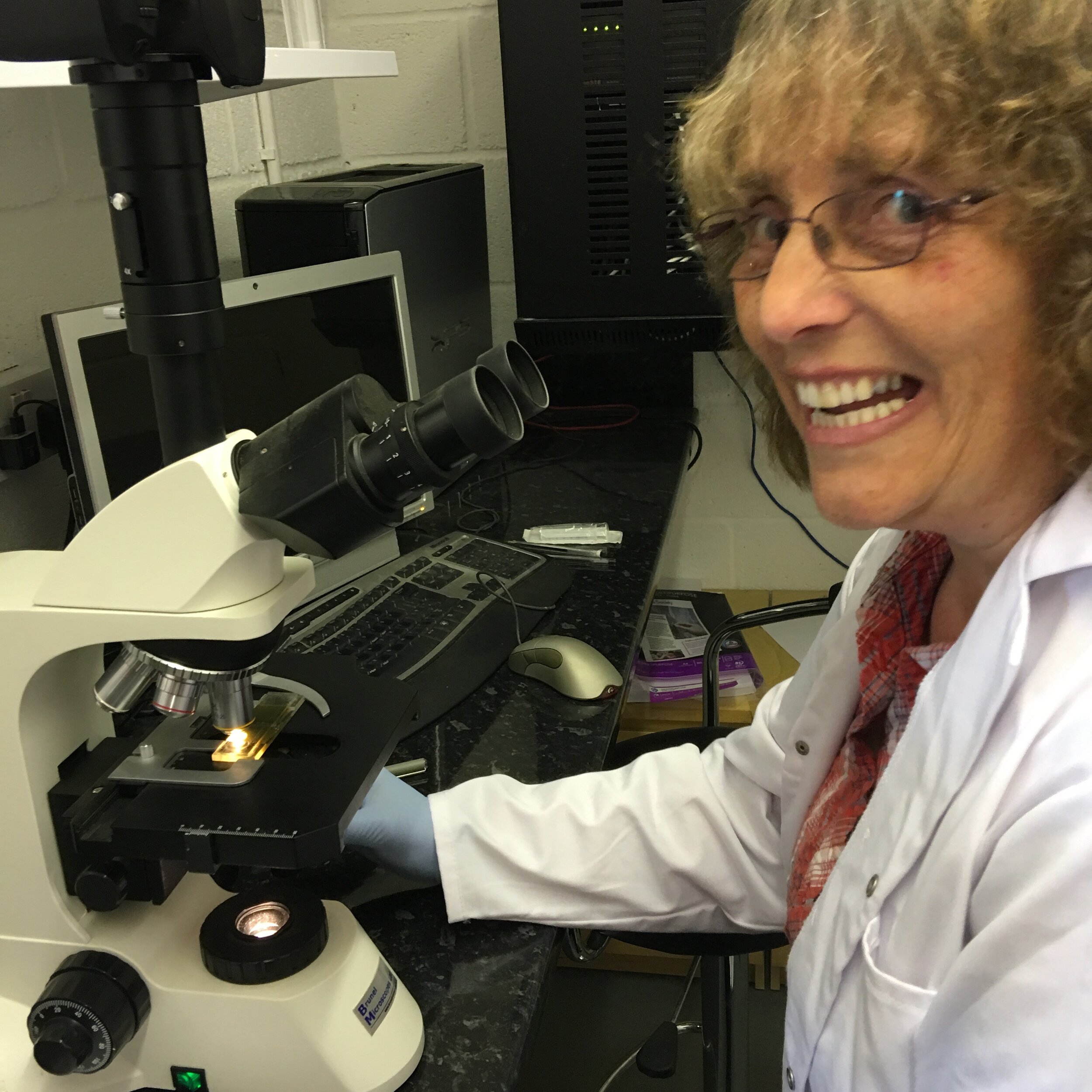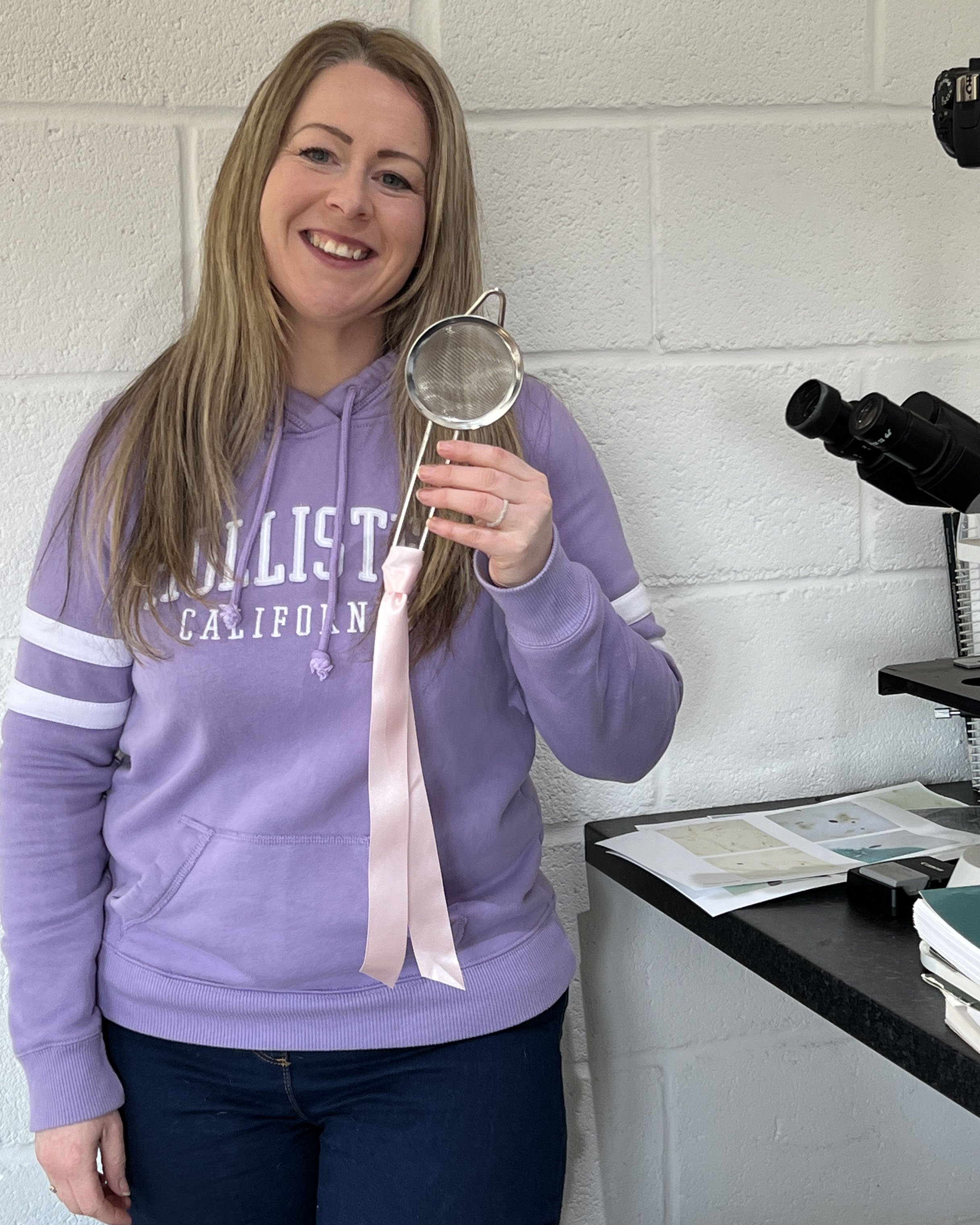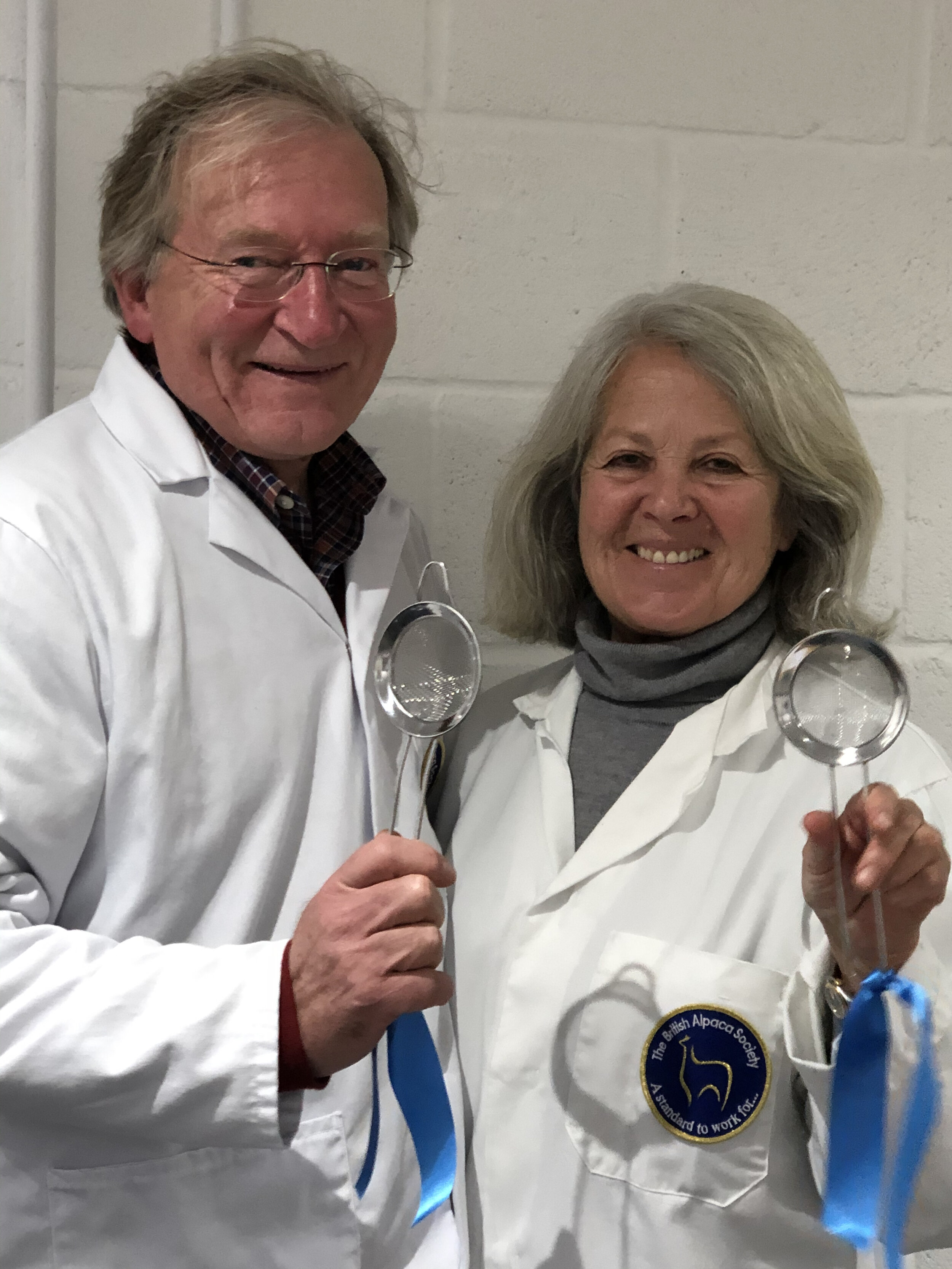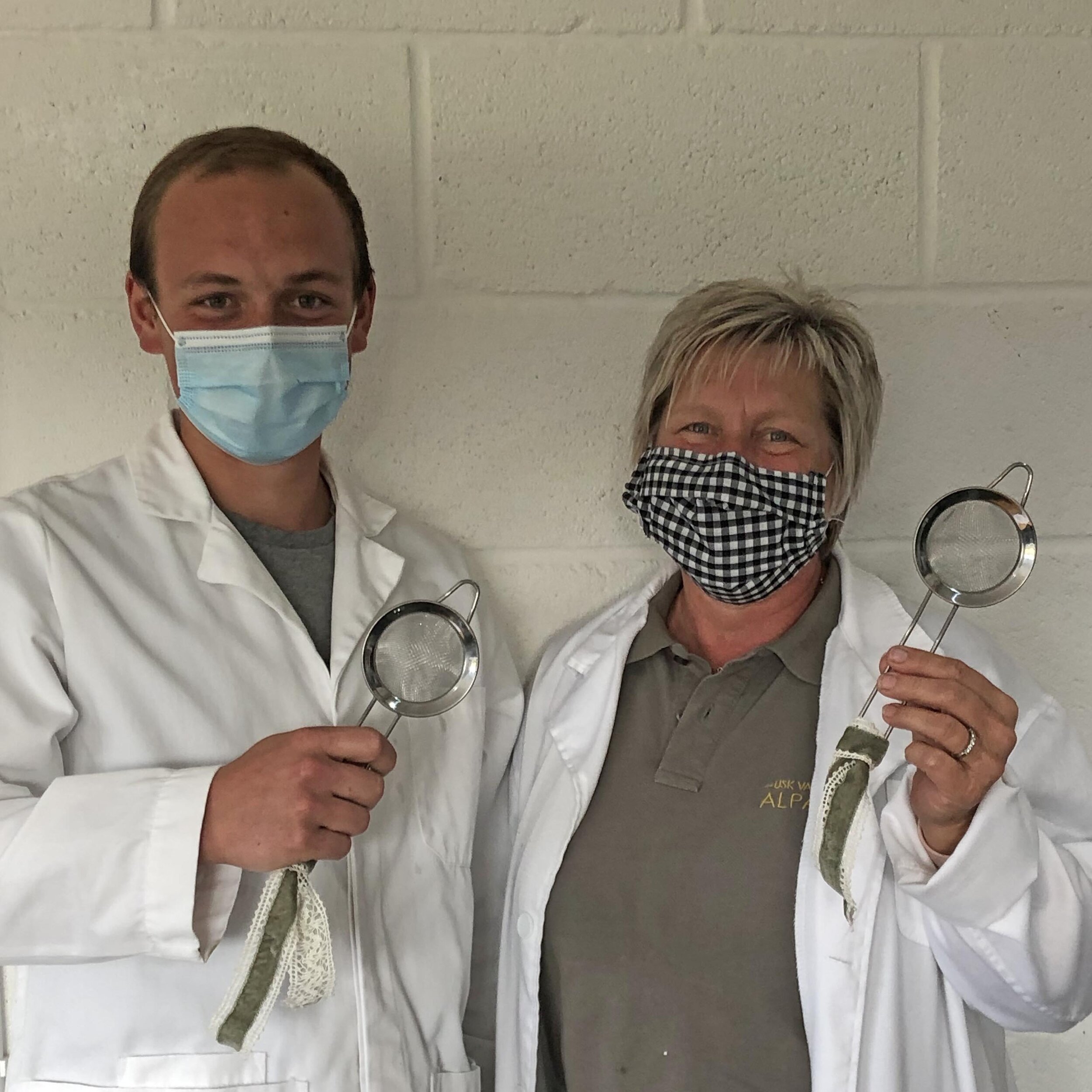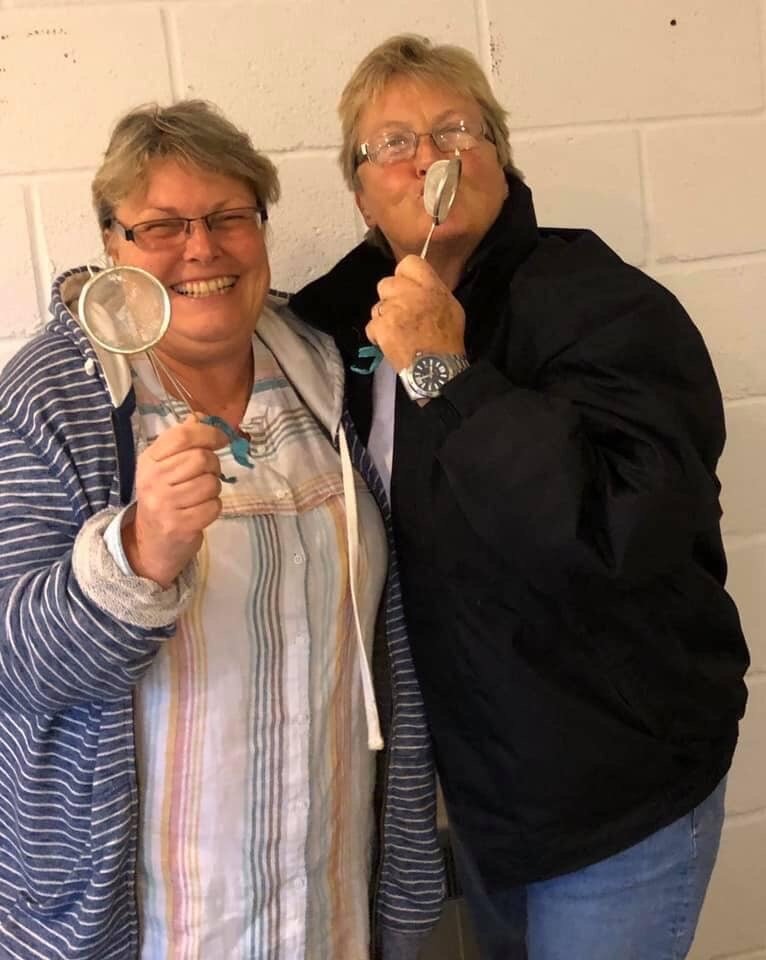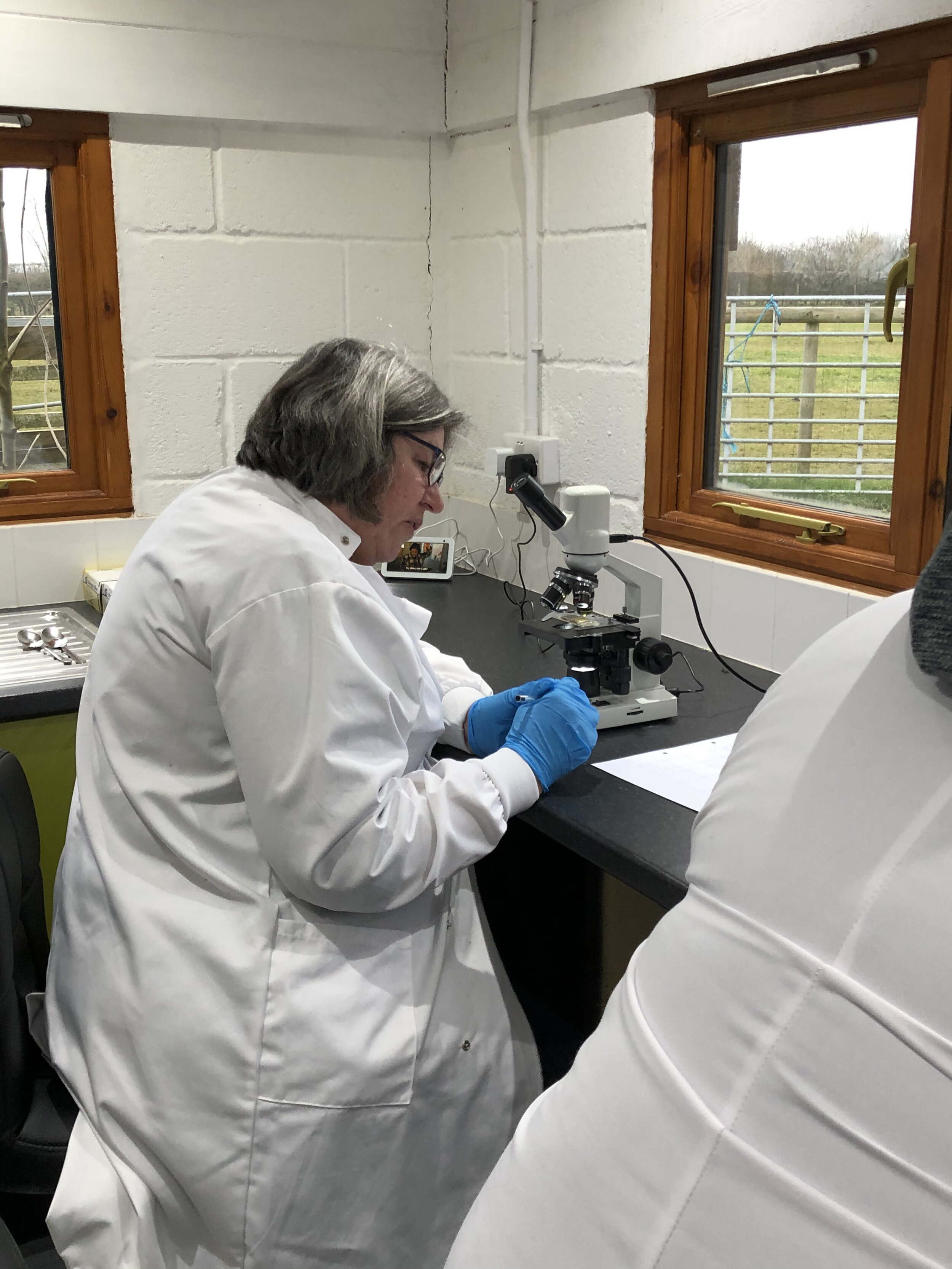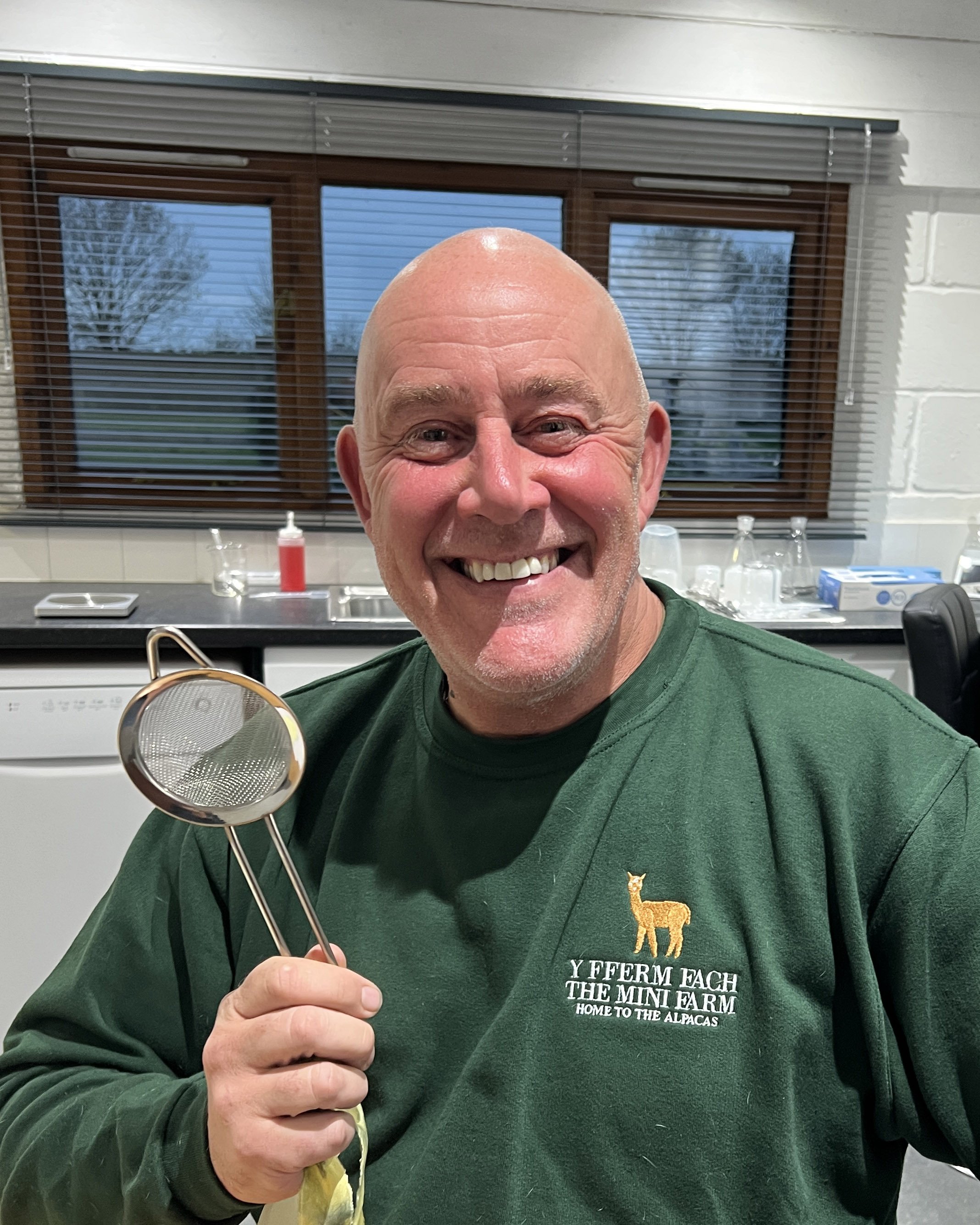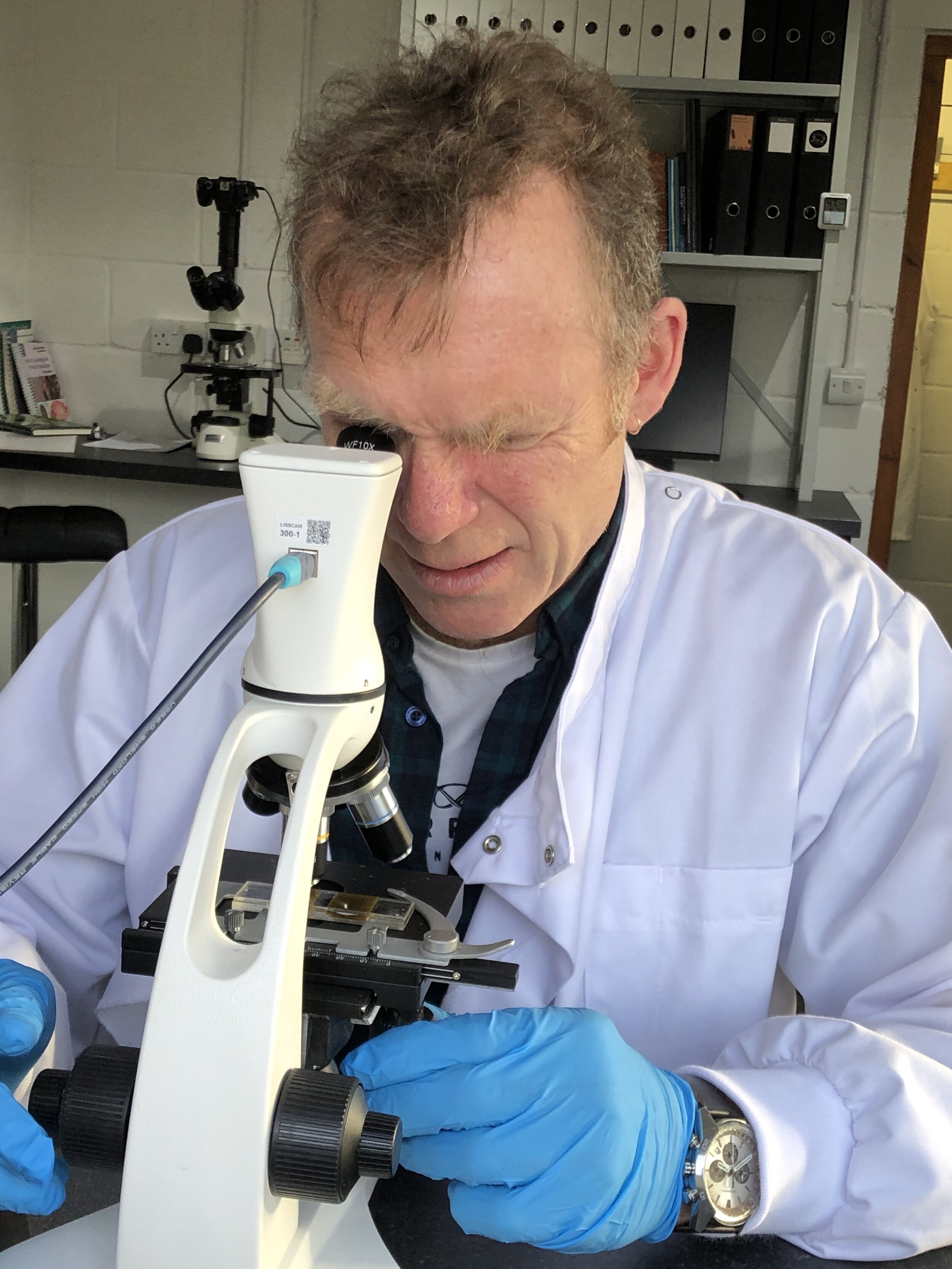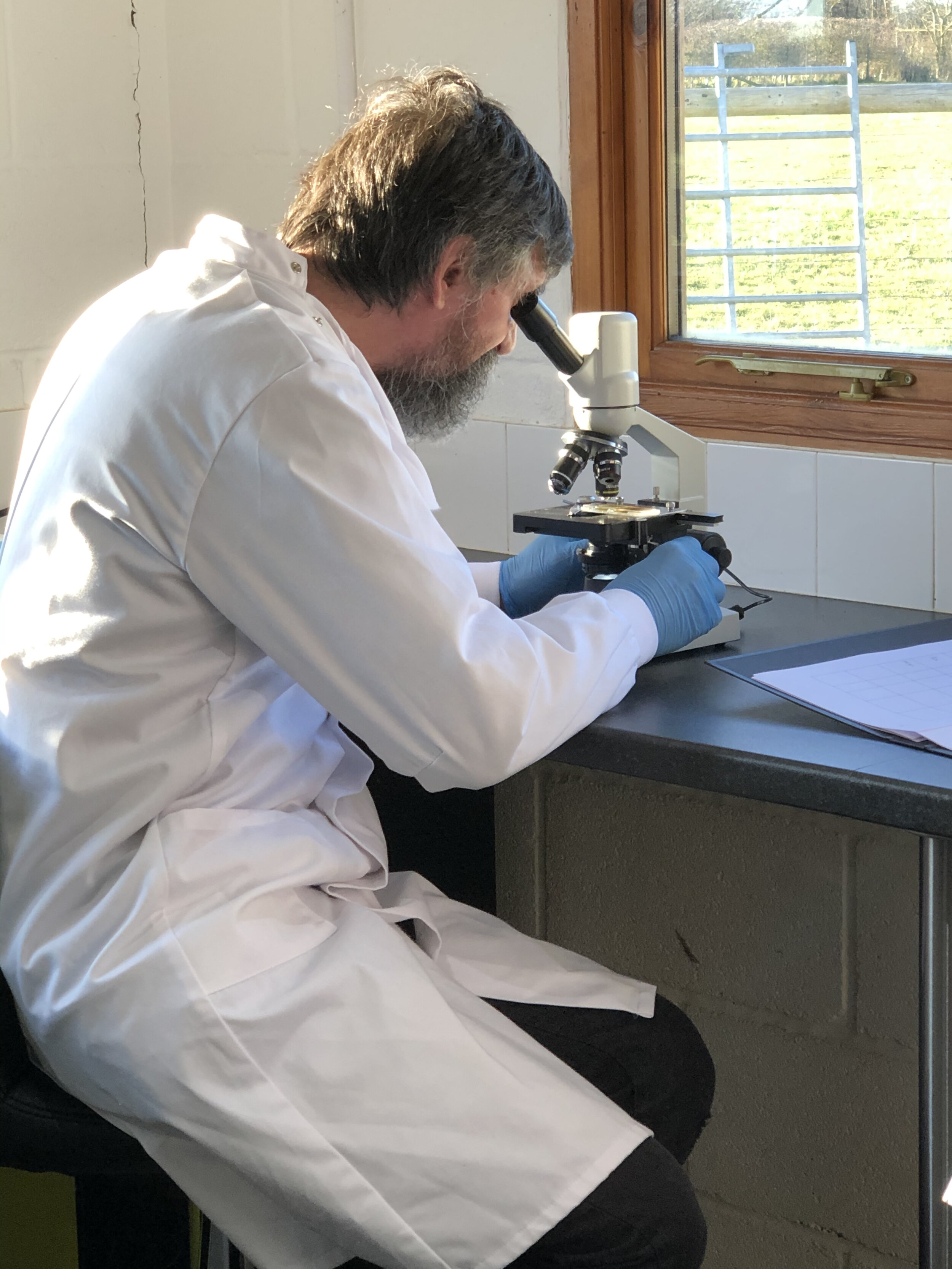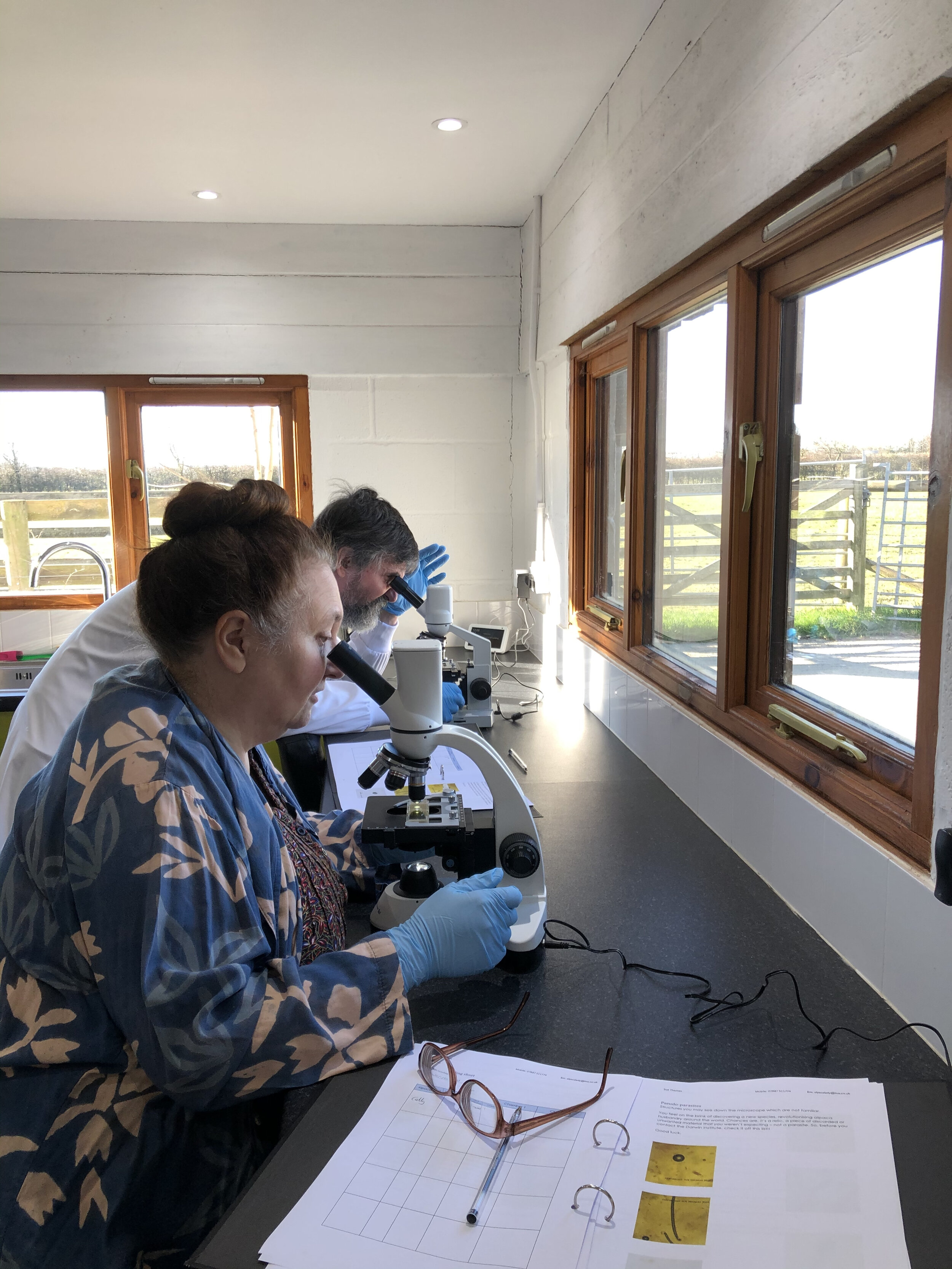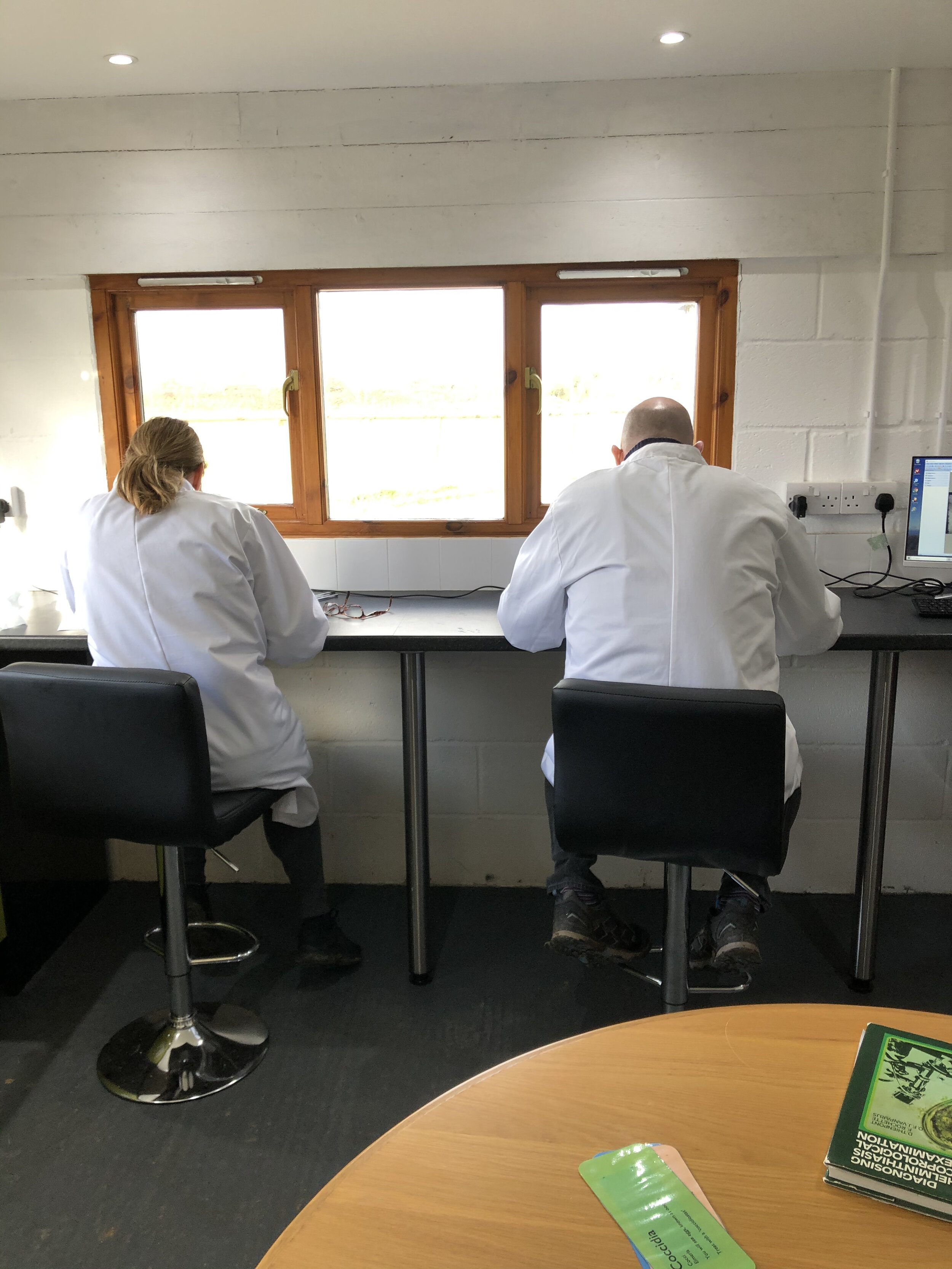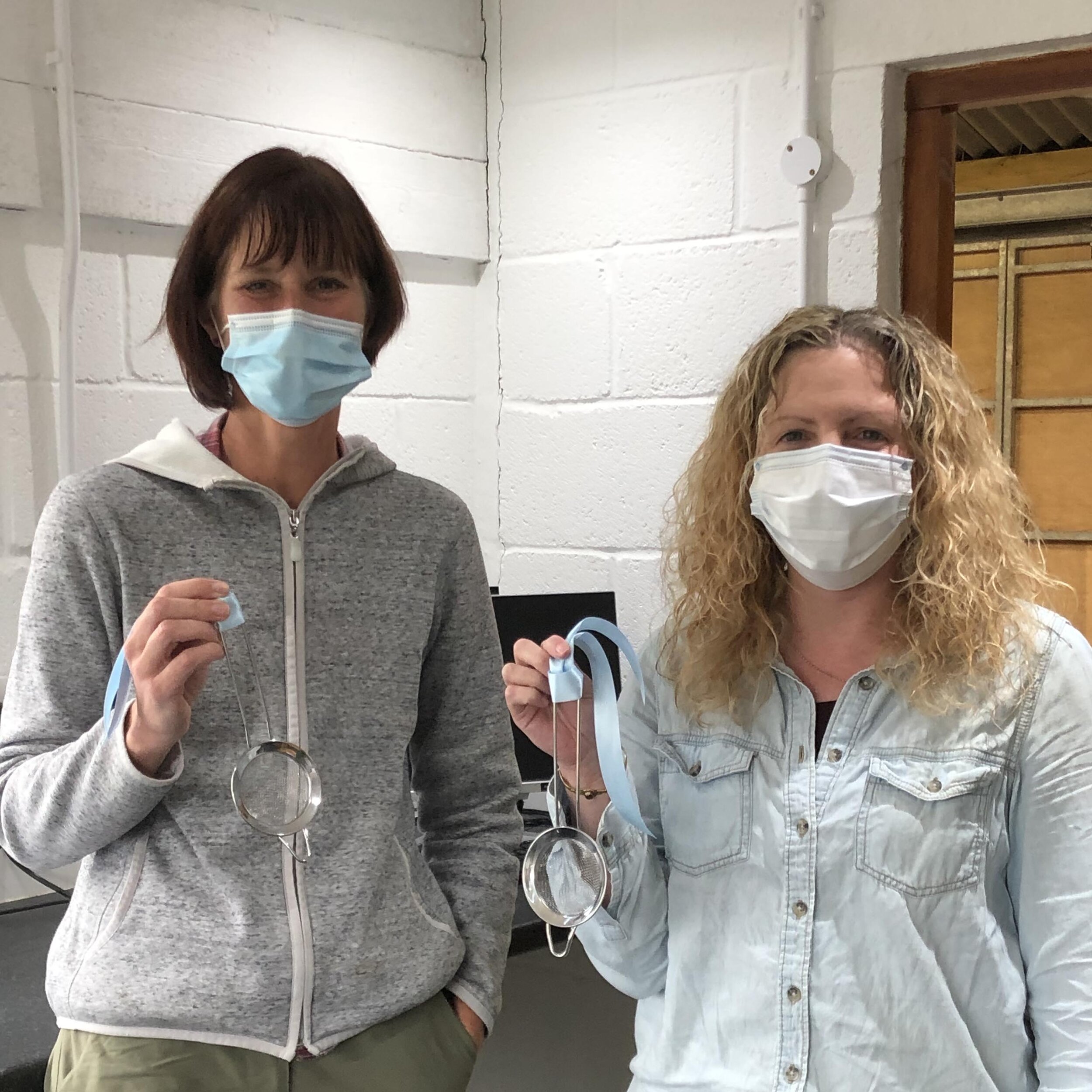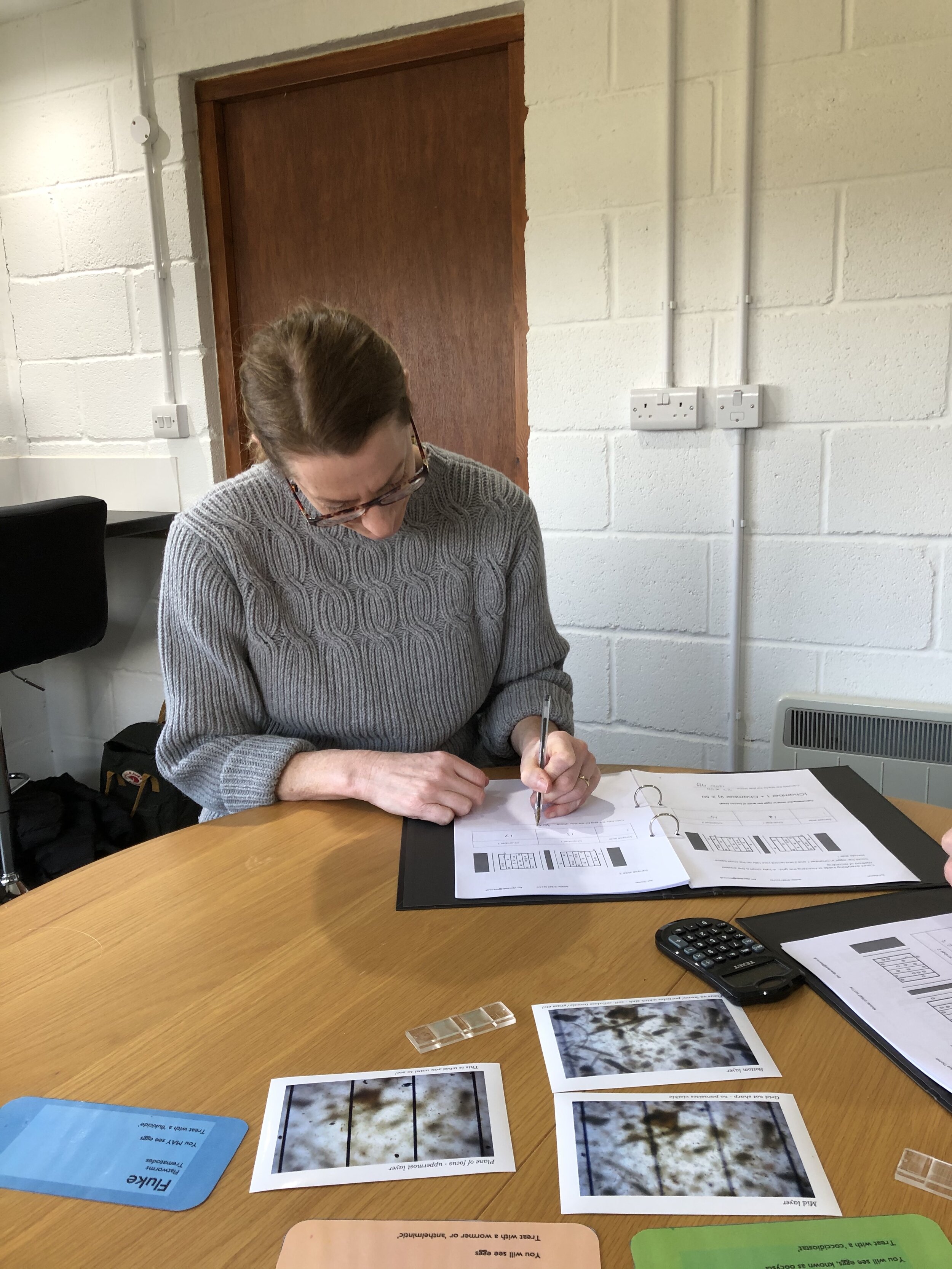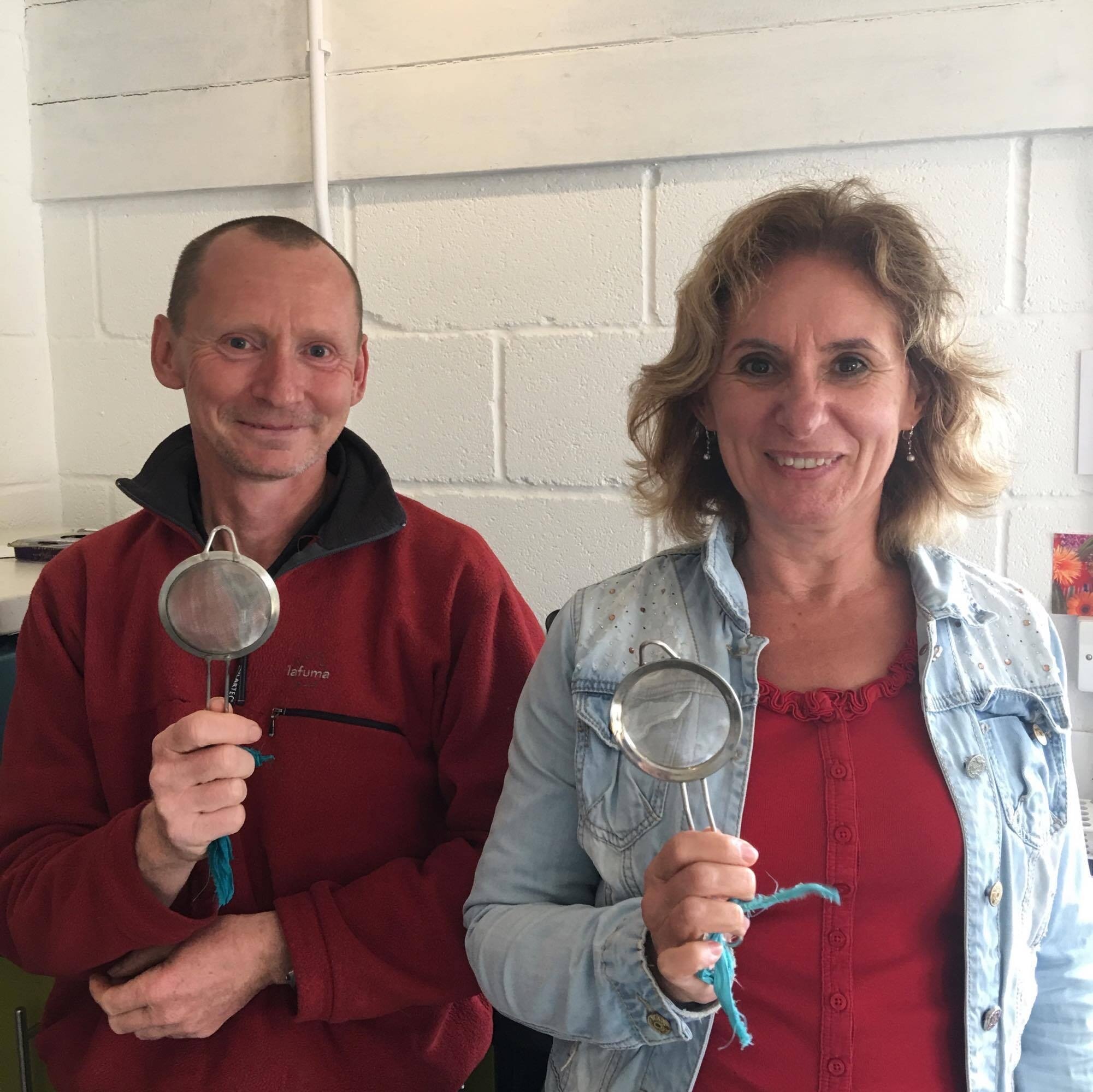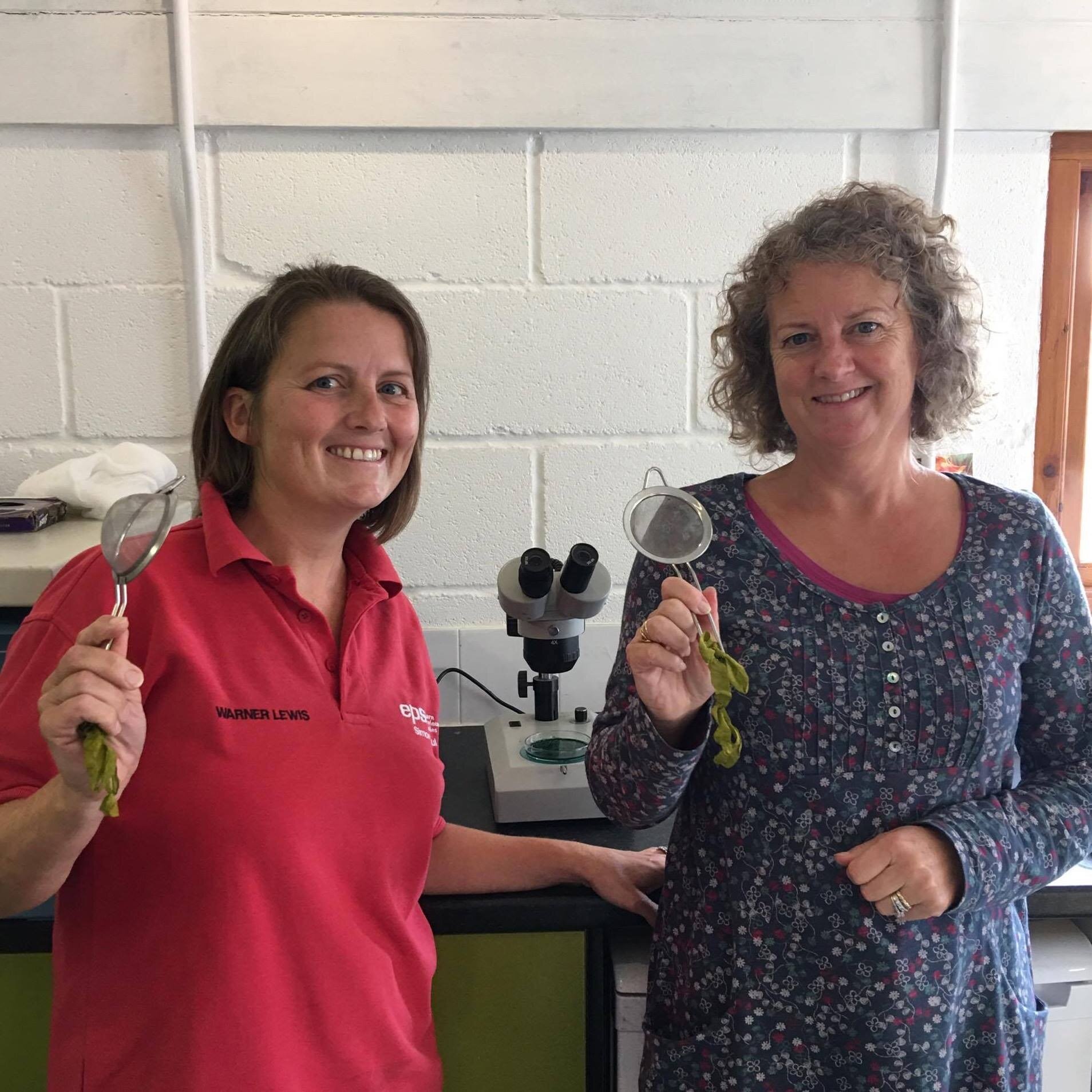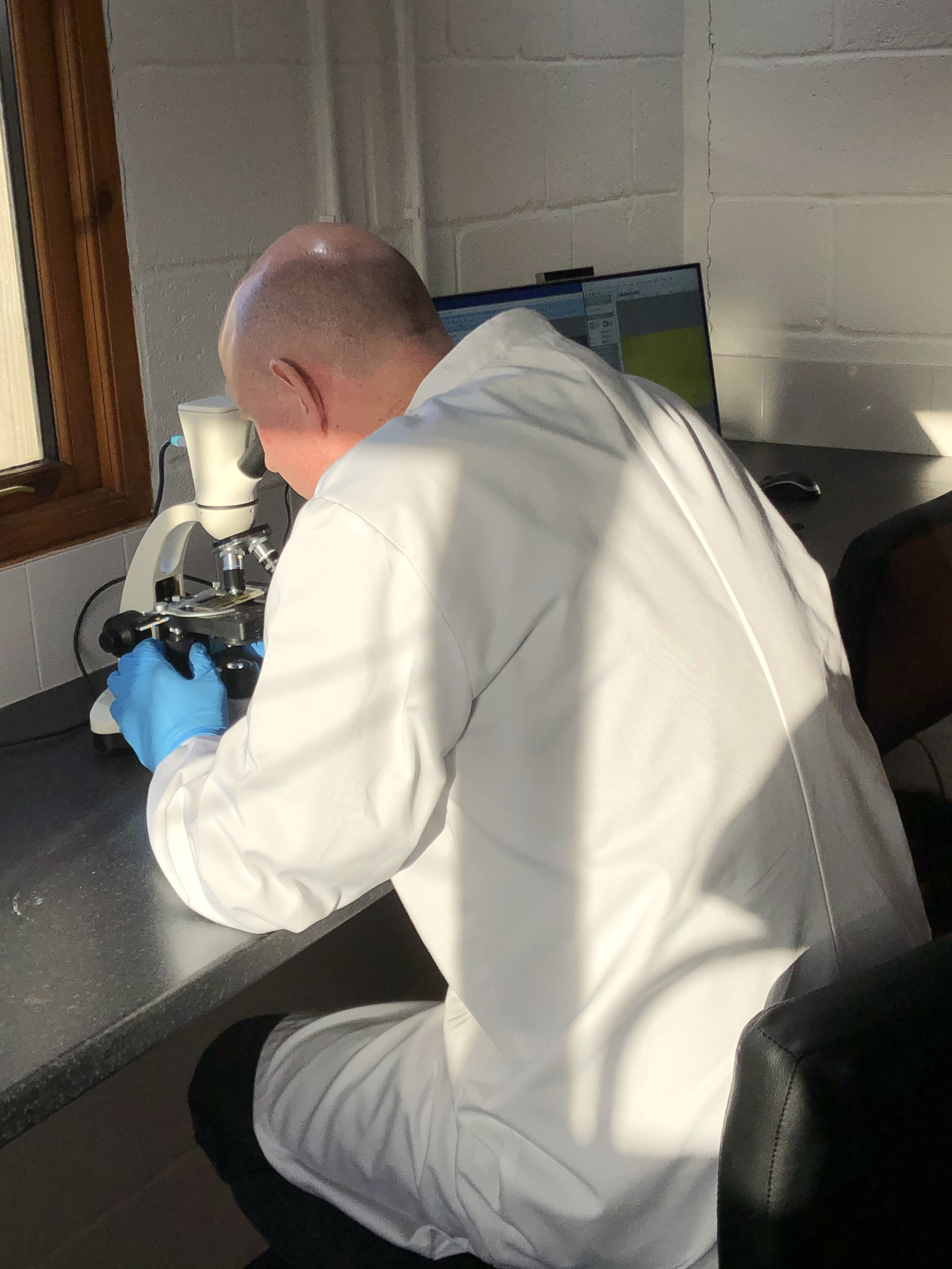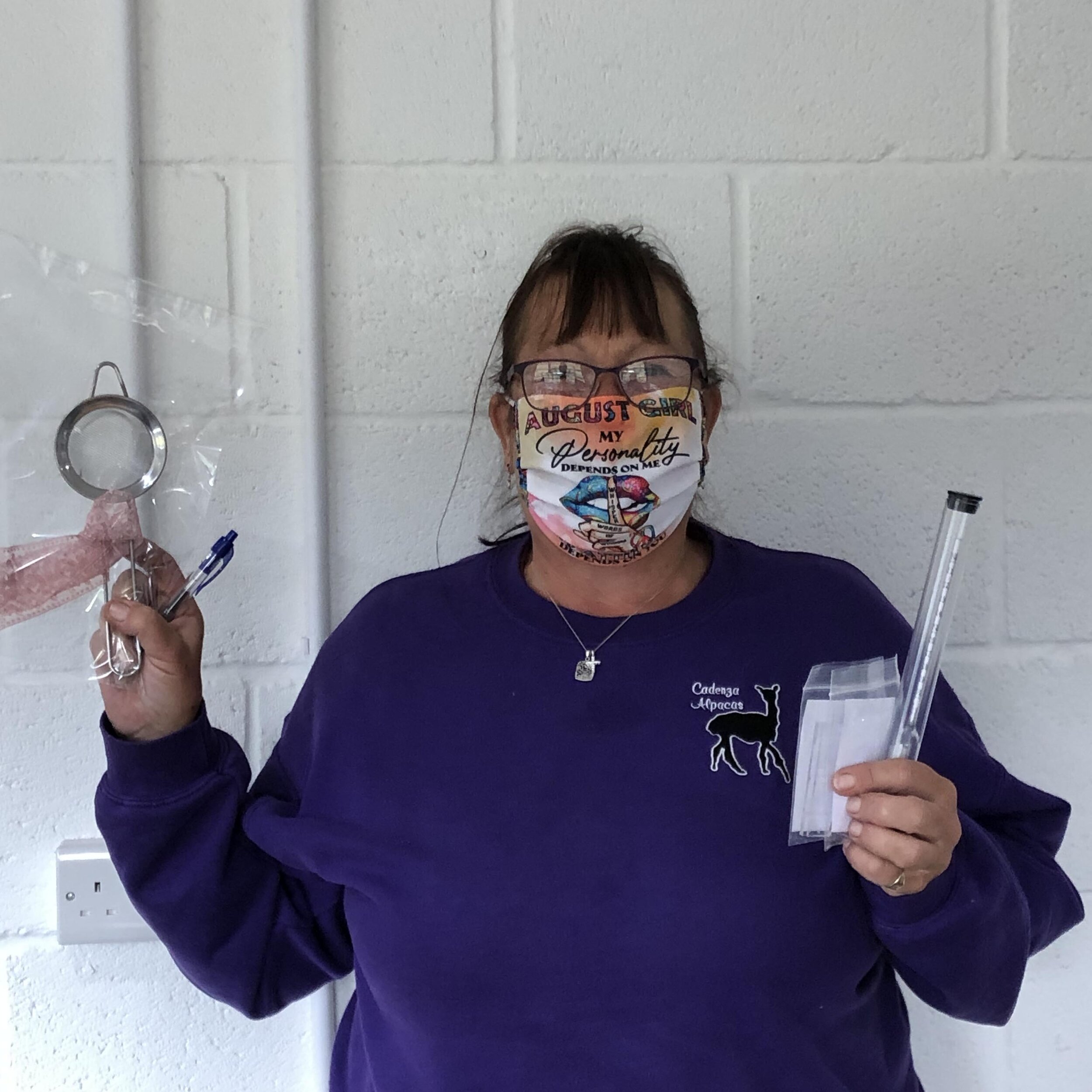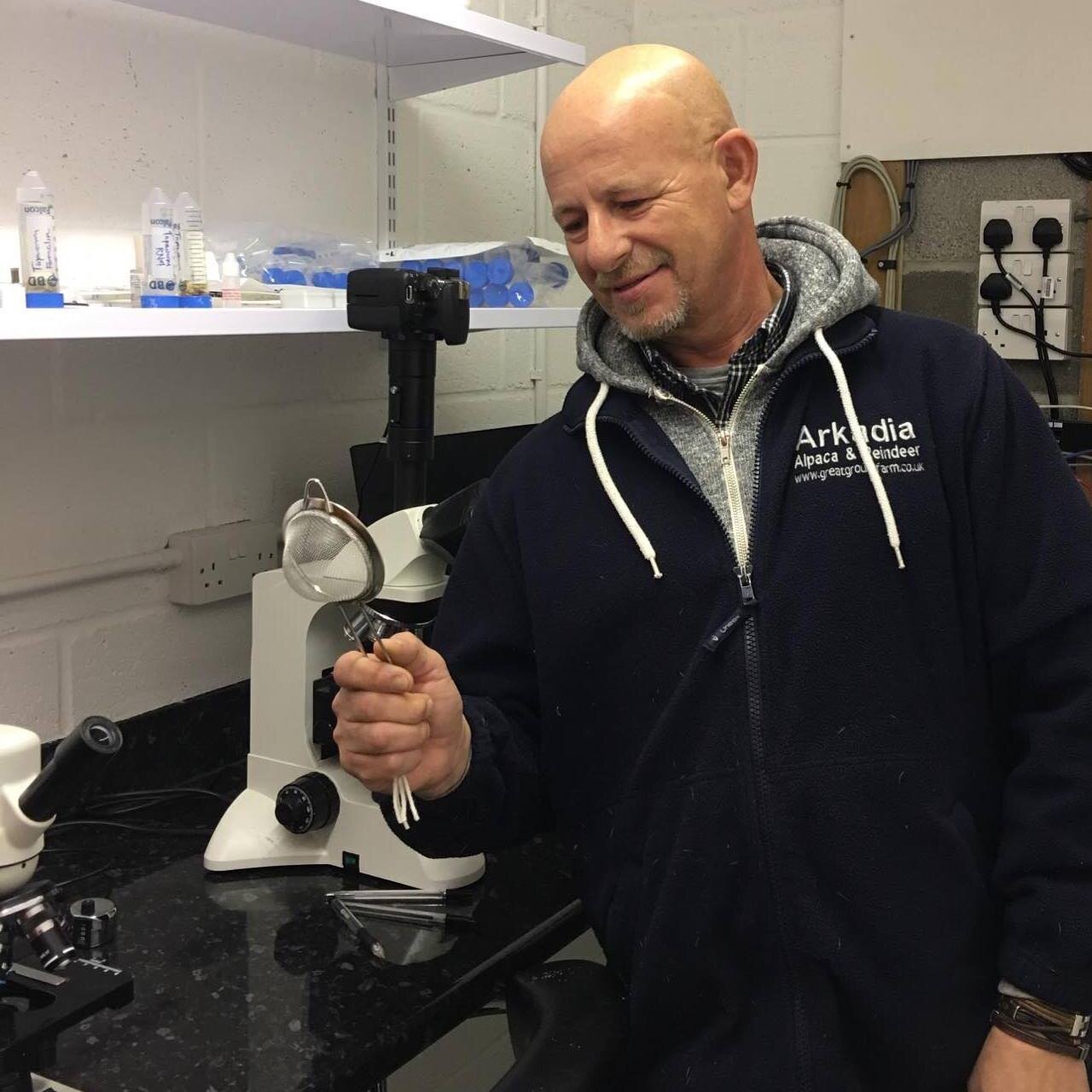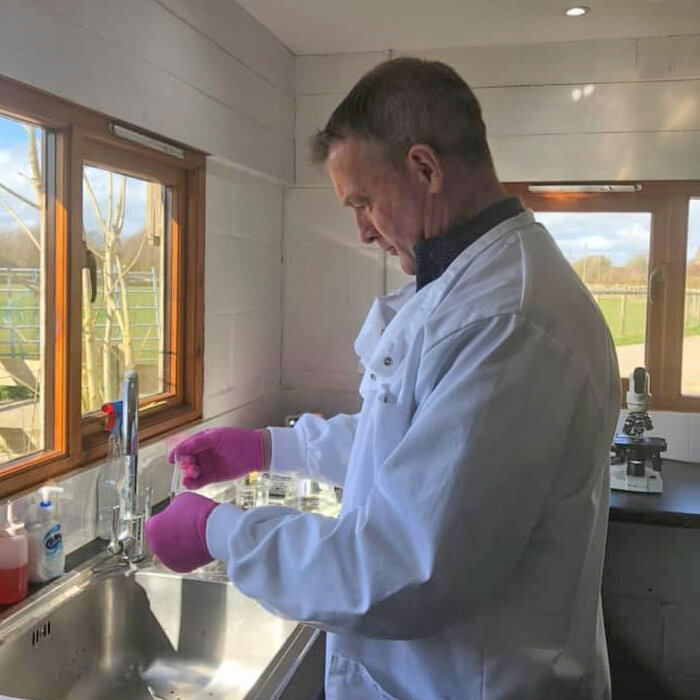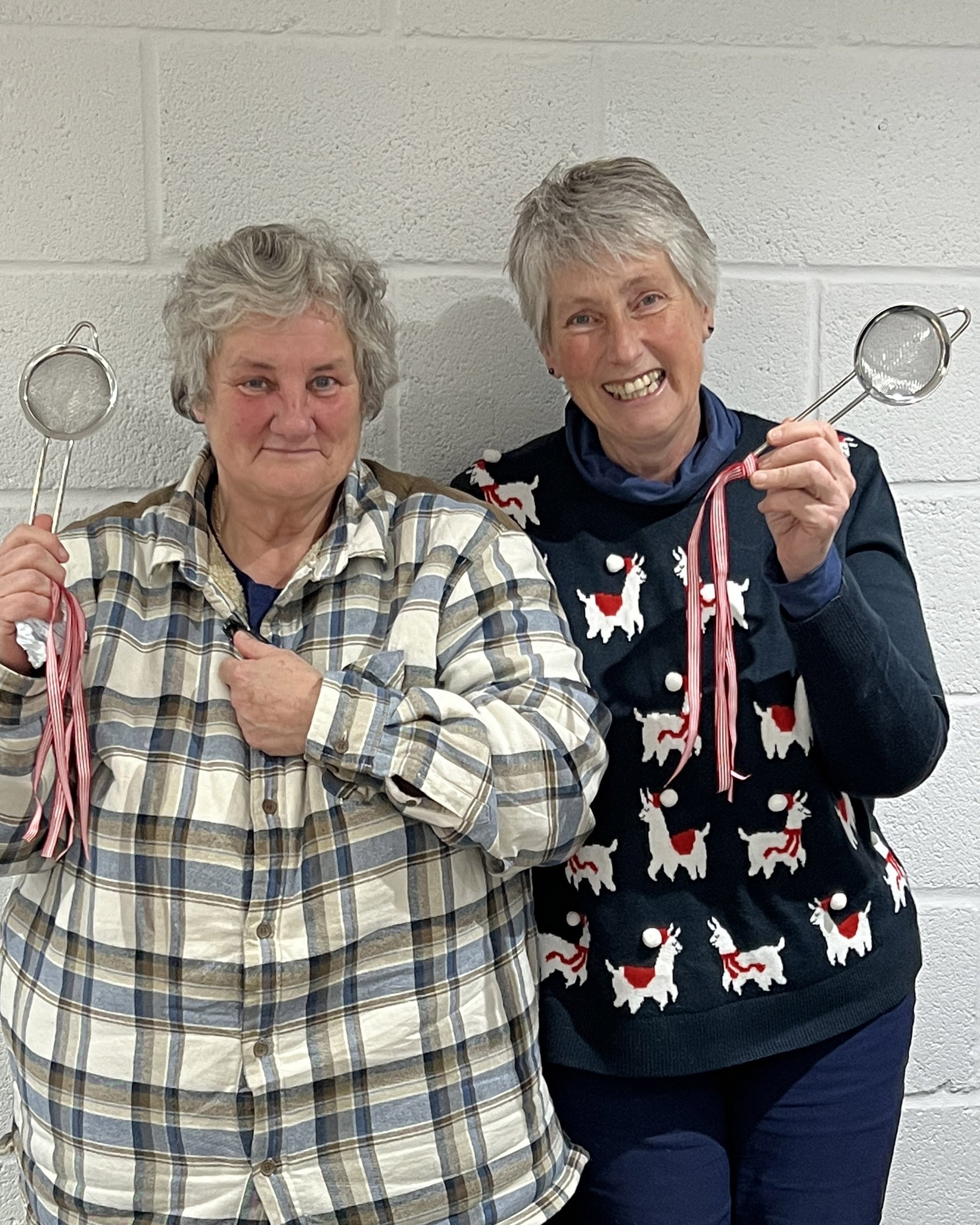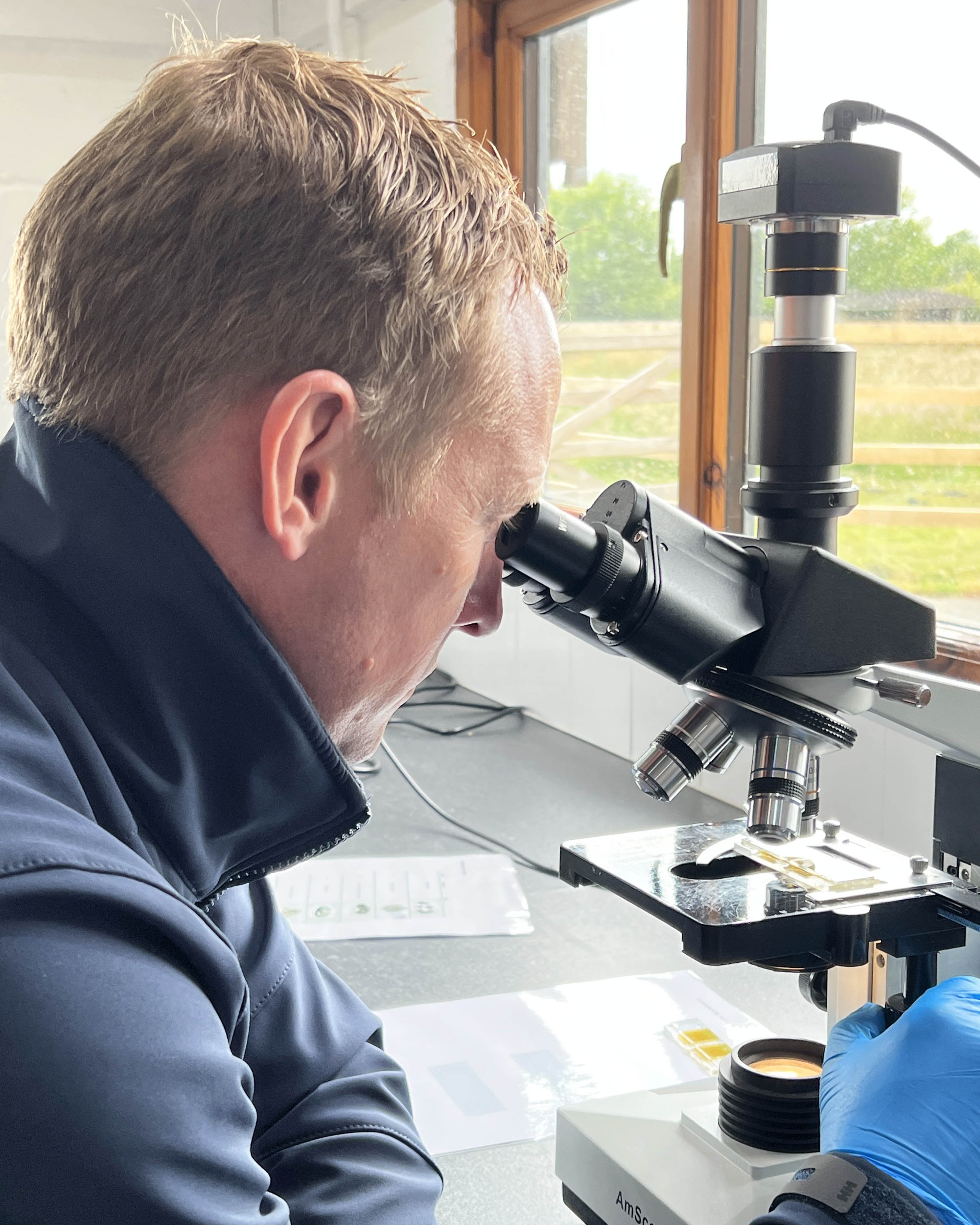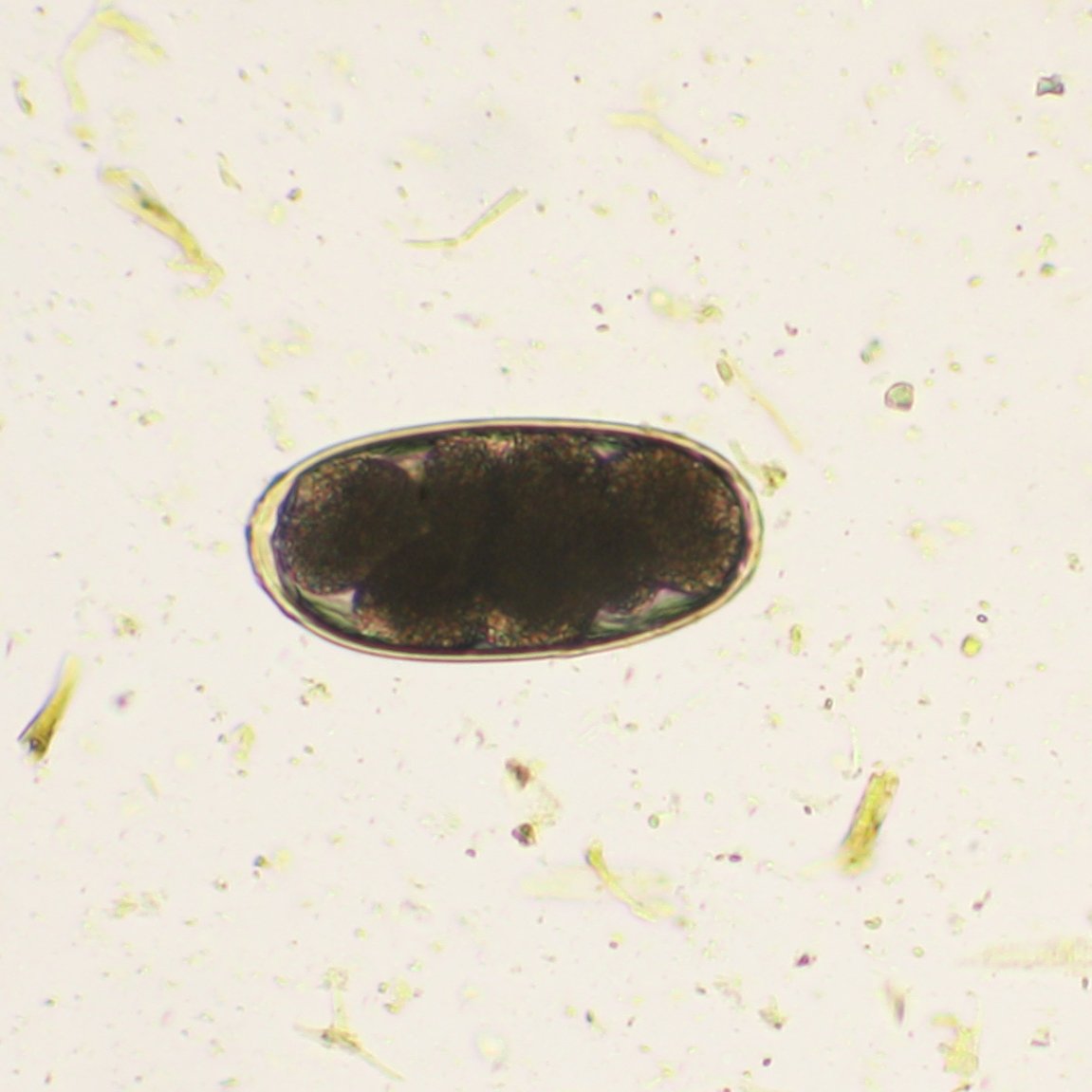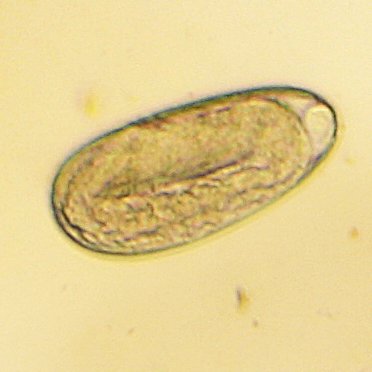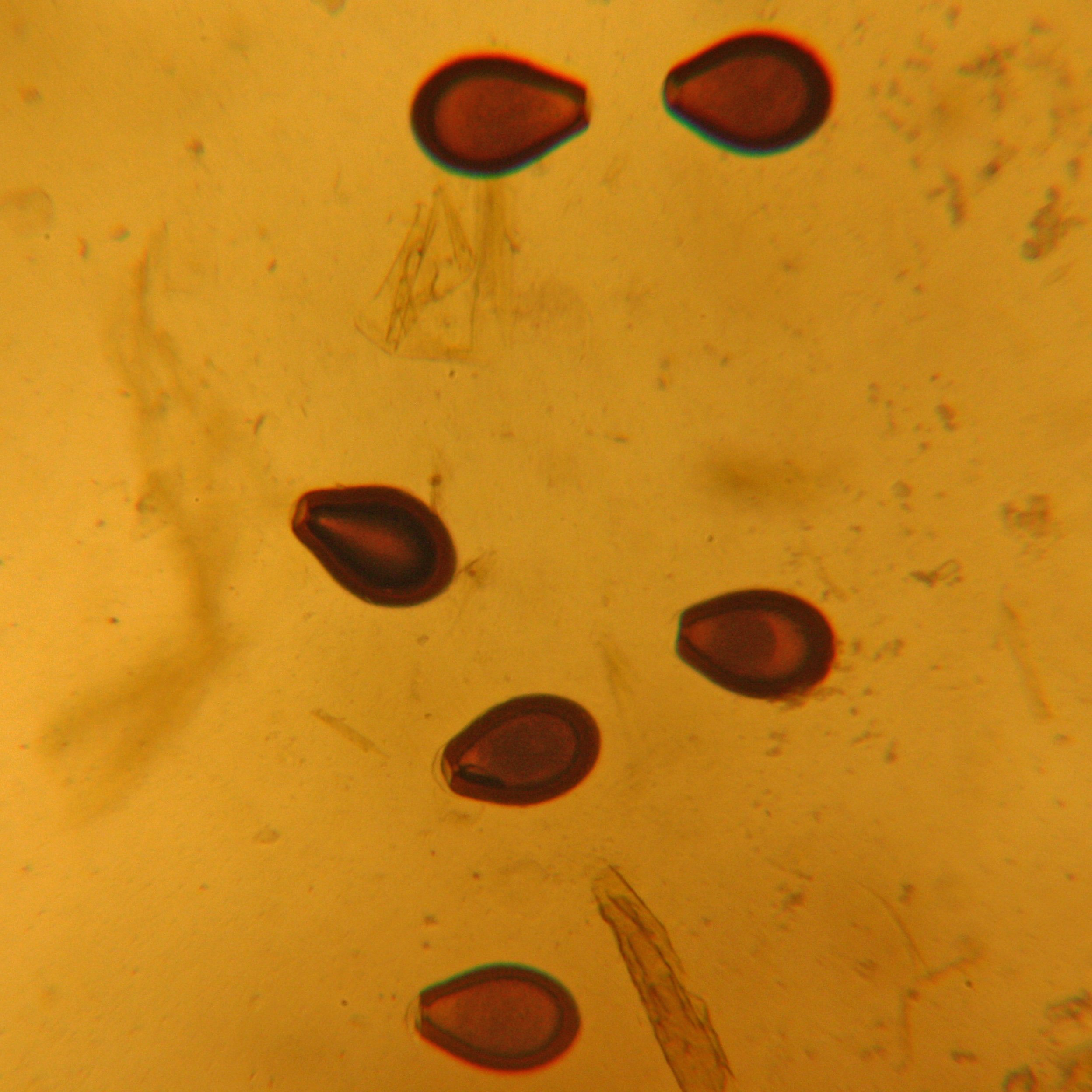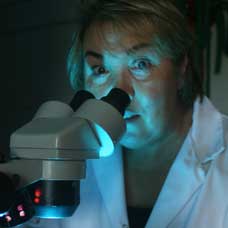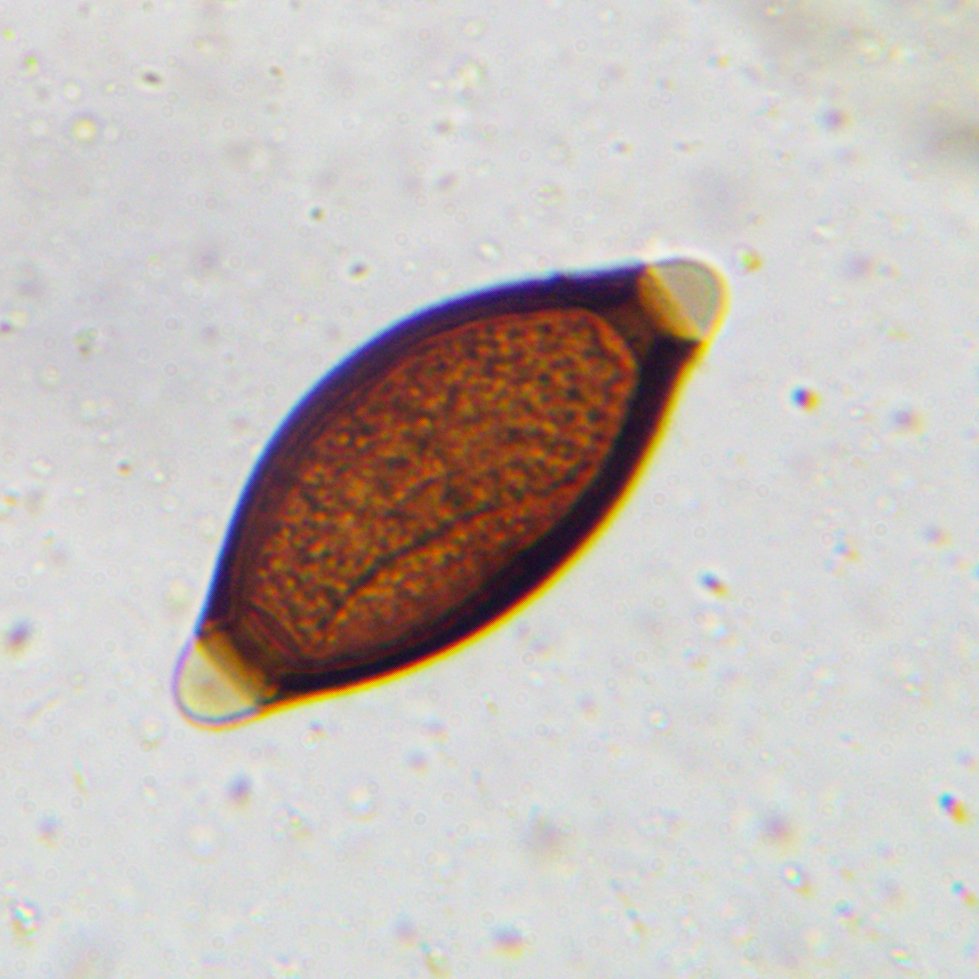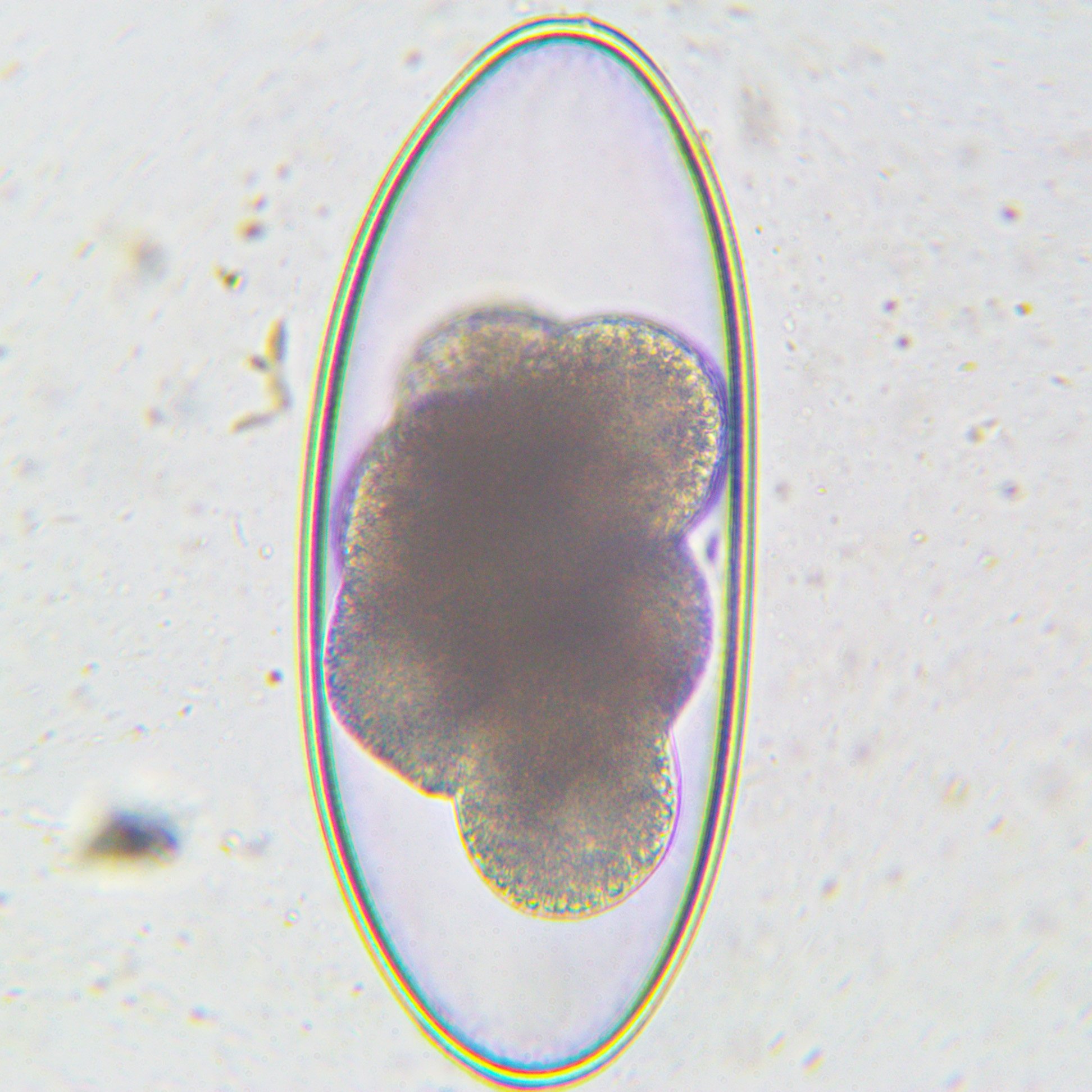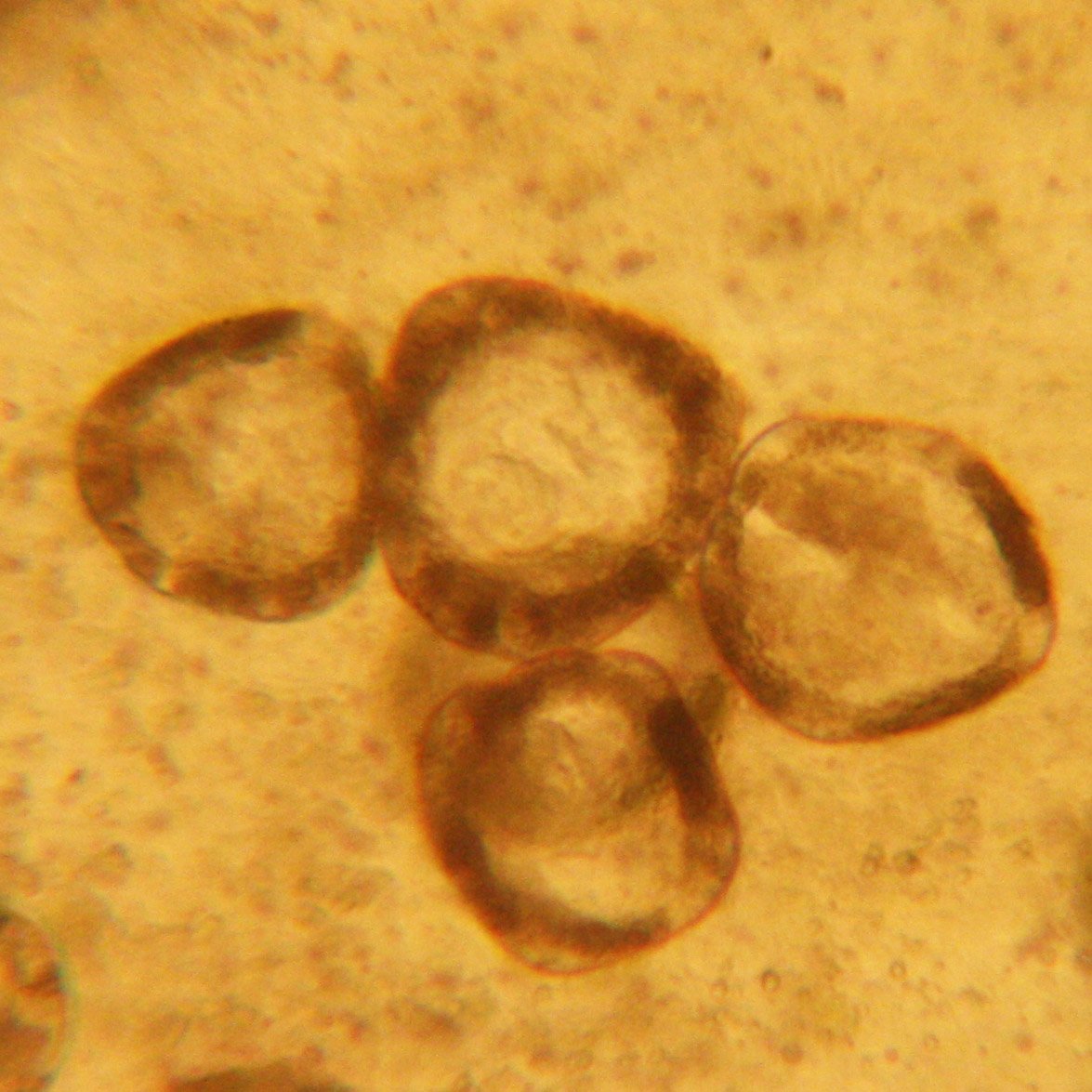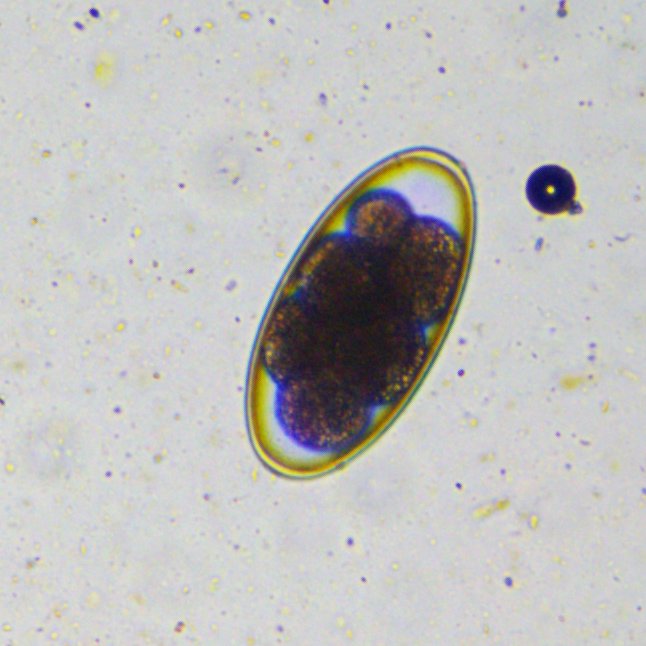Parasitology Courses
Introductory, Advanced and Refresher Parasite Identification Courses specifically designed for Camelid and other grazing animal
gut parasites and their interactions. Learn more about well managed husbandry.
Get in touch if you’d like to book.
Just a few of the many alpaca & farm animal owners who have attended my practical, parasitology courses over the last 14 years!
Science - very useful to keep our alpacas safe, and yes, it can be fun!
If you would like to reserve a day in the lab contact Sue today by clicking the link below
alpacalady@live.co.uk
Course 1: Introduction to Parasitology
Course 2: Advanced Parasitology
Courses are now running, please email to find out more or reserve a lab day.
Introduction to Parasitology Course is open to all, giving you all of the knowledge and skills required to conduct your own ‘on-farm’ alpaca and llama faecal analysis.
Advanced Parasitology Course builds upon the Introductory Course increasing your knowledge of physiology, tests, parasite morphometrics and much more.
For more details or to book your lab day, contact me at alpacalady@live.co.uk
INTRODUCTION TO PARASITOLOGY
A complete introduction to parasitology with particular reference to the internal gut parasites infesting alpacas and llamas. Fully equipped laboratory - available for 1 to 4 people. Lots to learn to benefit you and your herd, and it’s fun.
Take a look at what course attendees have said in these TESTIMONIALS.
What’s covered on the course?
1. Why we test faecal samples and what we can learn to improve herd health & husbandry.
2. The gastro intestinal parasites of alpacas. (This covers worms, fluke and coccidia).
3. Types of test available, Direct Smear, Modified McMaster Test, Modified Stolls.
4. Making flotation solutions, the science and the practical.
5. Testing procedure - with full notes so you can repeat in your own setting
6. Identification of parasites. Using a key. A qualitative approach.
7. How good or bad is the result, an understanding of ‘eggs per gram’results and what that means in terms of treatment.
8. Treatment options.
9. Examining samples from your herd.
10. Benchmarking your herd – what this means and how it helps to inform husbandry and breeding decisions.
11. Booklist.
12. Equipment list – a complete detailed ‘shopping list’ so you can replicate your new skills in your own farm/home setting.
What you need to know...
No previous scientific knowledge is necessary. Dozens of alpacas owners from the UK and Europe have attended the introductory course, at the end of which they are successfully able to quickly perform tests on their own farm. All equipment for the course is provided.
ADVANCED PARASITOLOGY COURSE
Building on your parasitology knowledge with particular reference to the internal gut parasites infesting alpacas and llamas. Fully equipped laboratory - available for 1 to 3 people. Lots to learn to benefit you and your herd, and it’s fun.
What’s covered on the course?
1. Alpaca / llama anatomy & physiology of the gut.
2. The gut microbiome.
3. Three tests to detect gut parasites. Comparing the tests for parasite detection, sensitivity, cost and speed.
4. Modified Stoll’s Test, what it does, what you need and a practical protocol.
5. Testing your samples using the double centrifugation test.
6. Histology, looking at a variety parasites in the infective setting.
7. Histology, when is a ‘parasite’ not a parasite.
8. You’ve found worm eggs -
make a conclusive species identification by identification of the worm, using a sample from your own herd.
9. All about anthelmintics
10. Faecal Egg Count Reduction Test (FECRT) to assess the effectiveness of your treatment.
11. Key take home messages and your Questions
12. Equipment list – a complete detailed ‘shopping list’ so you can replicate your new skills in your own farm/home setting.
What you need to know...
I ask that you have attended the Introductory Course before booking the Advanced Course unless you have special circumstances (email to discuss). All equipment for the course is provided, just bring along 6 faecal samples from your herd - not from recently wormed animals!

